Private equity, a strategic lever to support the growth of unlisted companies
On this page, we offer you an in-depth immersion into the world of private equity. You'll find detailed analyses of the fundamental principles of private equity, and a presentation of the different segments that make it up - from venture capital for young, innovative companies, through buyout and distressed capital for companies in difficulty, to expansion capital for fast-growing companies.
We also highlight the key players in this ecosystem: management companies, institutional investors, family offices and other key players who shape this dynamic market.
Finally, you'll discover how to invest optimally in private equity: its distinctive advantages for private investors, the performance levers it offers, and the tailored investment solutions offered by Altaroc to maximize your returns. Whether you're a novice or an experienced investor, this page will help you step by step to understand, analyze and seize the opportunities offered by Private Equity.

Private equity: definition, principles and risks

What is private equity?
Private equity is a strategy for allocating capital to unlisted companies. The main objective is to finance their growth, transformation or turnaround. Unlike traditional investments, private equity offers investors the opportunity to become actively involved in the strategic development of companies, often over the long term, with the ultimate aim of realizing a significant capital gain on the sale of holdings.
However, this asset class carries specific risks. The absence of a public listing reduces the liquidity of investments, making resale more complex. What's more, performance is not guaranteed: the companies financed may not achieve their objectives, or may even fail, resulting in partial or total loss of the capital invested.
In France, the term private equity is commonly translated as capital-investissement. This expression accurately reflects the activity of investing in unlisted companies, in order to support their development, expansion or restructuring. Although the two terms are interchangeable, English is still frequently used in international financial circles, while the French term is preferred in regulatory and institutional contexts.

Differences between private equity and stock market investment
There are several key differences between private equity and stock market investing:
- Private Equity: Investment in unlisted companies, often in the growth, transfer or turnaround phase.
- Stock market: Acquisition of shares in companies listed on public markets.
- Private Equity: Investments are generally illiquid, with an investment horizon of 5 to 10 years before exit.
- Stock market: shares can be bought and sold easily, offering immediate liquidity.
- Private equity: investors (funds) often play an active role in company management and strategy, through board seats or operational decisions.
- Stock market: Investors have limited influence on the governance of listed companies.
- Private Equity: offers less accessible but potentially more lucrative investment opportunities, in return for higher risk and a long-term commitment.
This type of investment entails significant risks linked to performance volatility, economic conditions and company-specific factors.
- Stock market: More moderate returns, but easier risk management thanks to asset liquidity . However, public markets are still subject to sometimes significant fluctuations due to economic or geopolitical factors.

Risks associated with private equity
Investing in private equity can offer attractive returns, but it comes with several risks that should not be overlooked:
Not all financed companies succeed. Some may run into financial difficulties, resulting in partial or total loss of the investment.
Unlike listed shares, private equity units cannot be easily resold. The investment horizon is generally 5 to 10 years, requiring considerable patience and the ability to tie up funds over the long term.
Private equity investors may be exposed to a limited number of companies, which increases the risk of underperformance by one or more of them.
The active involvement of investors in company management can be an asset, but it also exposes them to risks associated with inappropriate strategic decisions or management errors.
The 4 Private Equity segments

Venture Capital: Financing early-stage innovation
Venture capital is a specific branch of private equity that targets emerging or very young companies, generally positioned in innovative sectors such as technology, biotechnology or renewable energies. These companies are often in the early stages of development, and although they offer strong growth potential, they are not yet profitable at the time of investment.
Venture Capital funds finance the early stages of development:
- Research and development of innovative products and services,
- Prototyping and market testing,
- Market launch and first marketing campaigns.
This type of investment is associated with a high level of risk, due to the uncertainty surrounding the viability of the projects financed. The failure rate for start-ups remains high, but successes can generate exceptional returns on investment, offsetting losses on other projects. In addition to their financial contribution, venture capitalists often play an active role in company strategy and governance, contributing their sector expertise and professional network to maximize the chances of success.
Growth Capital: Accelerating the growth of established companies
Growth Capital is aimed at existing companies that are well established in their markets, and often already profitable or close to break-even. These companies have demonstrated the viability of their business model, and have a solid base from which to consider strategic expansion.
This type of financing is designed to support companies as they enter a new phase of growth, providing them with the resources they need to :
- Launch new products or services,
- Expand internationally by penetrating new markets,
- Invest in infrastructure and technology to boost competitiveness,
- Reorganize or optimize their operational structure to support expansion.
Growth capital investors generally take minority stakes in the company's capital. This approach makes it possible to strengthen the financial structure without changing control, leaving the day-to-day management in the hands of the company's incumbents. In addition to providing capital, these investors often offer strategic support, making available their network, sector expertise and governance advice to support long-term growth. Although the risk is generally lower than in Venture Capital, there is still some uncertainty as to the company's ability to successfully transform or expand, particularly in contexts of strong competition or market change.
Leveraged buyout (LBO): acquiring companies through leverage
Leveraged buyout(LBO) is a strategy for acquiring mature, profitable companies, based on a financial structure combining equity and debt( leverage). This structure enables investors to maximize the profitability of the transaction by using the acquired company's cash flow to progressively repay the debt incurred.
Private equity funds play a central role in this type of transaction. In addition to acquisitions, they are actively involved in :
- Organizational restructuring to improve operational efficiency,
- Optimizing financial performance by reducing costs, improving margins and streamlining processes,
- Implementing new growth strategies to increase the company's value before resale (exit).
LBOs are frequently used for :
- The transfer of family businesses, where shareholders wish to sell all or part of their capital while ensuring business continuity,
- External growth operations, integrating complementary companies to strengthen market positions,
- Management buyout ( MBOs) or acquisitions led by external teams(management buy-ins (MBIs)).
Although LBOs target companies with solid financial positions, this strategy entails specific risks associated with high levels of debt. Poor debt management or under-performance can jeopardize the profitability of the deal and, in extreme cases, threaten the company's viability.
Turnaround: turning ailing companies around to create value
Turnaround capital is an investment strategy aimed at acquiring companies in financial difficulty, but with significant turnaround potential . These companies may face a variety of problems: overindebtedness, declining competitiveness, poor management or cyclical shocks. However, they often have solid foundations - whether in terms of strategic assets, a strong brand, or differentiating market positioning - that justify investors' commitment.
Private equity funds specializing in Turnaround inject fresh capital to :
- Restructure the company financially, by renegotiating or partially writing off existing debts,
- Reorganize business by optimizing operational processes,
- Redefine sales strategy to restore competitiveness and profitability.
This type of investment requires expert management and a rigorous approach to identifying transformation levers. Funds often work closely with management teams, even replacing existing management, to steer turnarounds. The aim is to transform complex situations into opportunities for value creation over the medium to long term. Turnaround is one of the riskiest segments of private equity, although the potential returns can be substantial. Success depends on the ability to implement effective turnaround plans, often under tight deadlines and financial pressure.
Private Equity in figures
Altaroc 's investment strategy: Focus on Buyout and Growth Capital
ChezAltarocwe have made the strategic choice to focus our entire investment range on two key private equity segments: Buyout and Growth Capital, both of which offer the best balance between risk and return, providing attractive investment opportunities for our clients.
This rigorous selection reflects our commitment to offering our investors high-performance, controlled solutions aligned with strategies for sustainable growth and long-term value creation.

Major private equity players
General Partners (GPs): A strategic pillar of private equity
Management companies, also known as General Partners (GPs), play a central role in the private equity ecosystem. They are responsible both for raising funds from investors (Limited Partners - LPs) and for actively managing this capital. Their mission is to identify, select and invest in unlisted companies with growth potential, then support them in their development to create value before proceeding with the sale of their holdings(exit), thereby generating returns for their investors.
Limited Partners (LPs): Private equity capital providers
Investors, known as Limited Partners (LPs), are the main providers of capital for private equity funds. They delegate management of these funds to General Partners (GPs), who select, invest in and manage the companies in their portfolios.
LPs may come from a variety of backgrounds, such as :
- Financial institutions (banks, investment companies),
- Pension funds seeking to optimize returns for their beneficiaries,
- Insurance companies diversifying their asset portfolios,
- Family offices managing large private estates,
- High Net Worth Individuals seeking access to unlisted investment opportunities.
LPs generally play a passive role in fund management. They do not participate in operational or strategic investment decisions, relying instead on the expertise of the GPs to maximize the performance of their invested capital.
Unlisted companies: beneficiaries of private equity investments
Unlisted companies are the main beneficiaries of private equity investments. These companies, whether in a growth, development or turnaround phase, are looking for capital to finance their strategic projects. Private equity enables them to raise funds outside the traditional stock markets, while benefiting from tailor-made support to maximize their potential.
The different vehicles for investing in private equity
What is a Private Equity fund?
In private equity, capital is invested through funds with a limited lifespan, generally between 8 and 12 years. These funds are designed to pool amounts raised from institutional investors, family offices or sophisticated investors, and gradually deploy them in unlisted companies with strong growth or transformation potential.
These funds are by nature illiquid, involving substantial financial commitments and long-term capital lock-in. Because of these characteristics, they are mainly accessible to qualified investors able to bear higher risks and longer investment horizons.
These funds are managed by teams of experienced professionals within General Partners (GPs ). They have an exclusive mandate to identify investment opportunities, support portfolio companies and optimize the performance of assets until they are sold.
To limit risk and maximize returns, a private equity fund generally adopts a diversification strategy. It invests in a portfolio of 15 to 70 independent companies, spread across different sectors, geographical areas and stages of development. This approach balances the fund's overall performance, offsetting any underperformance with the success of the best-performing companies.

How a Private Equity fund works

What is a private equity fund of funds?

Definition of a fund of funds
A private equity fund of funds is an investment vehicle that does not directly finance unlisted companies, but invests in a selection of private equity funds managed by different General Partners (GPs). This structure gives investors access, via a single vehicle, to broader geographical, sectoral and strategic diversification than if they were investing in a single fund.
The fund-of-funds strategy aims to reduce the risks associated with the individual performance of the underlying funds, while enabling investors to enter markets that are often inaccessible directly, due to the minimum amounts required or the selectivity of the funds. By combining several funds into a single portfolio, a fund of funds offers exposure to a variety of asset classes and strategies (Buyout, Growth, Venture, etc.).
The objectives of a private equity fund of funds
The main objectives of a fund of funds are as follows:


Private equity fund of funds management fees
Direct costs:
These costs are directly linked to the management of the fund of funds itself. Although they are generally lower than those of funds investing directly, they include :
- Management fees, which remunerate the team for selecting and monitoring the underlying funds,
- Operating expenses such as statutory auditors' fees, legal fees, custodian costs and other administrative expenses.
These fees cover the operational management of the investment vehicle and the supervision of the funds in which it invests.
Indirect costs :
In addition to direct costs, investors bear the fees charged by the underlying funds in which the fund of funds has invested. These costs also include management fees and carried interests charged by the General Partners (GPs) of the selected private equity funds.
Why invest in private equity as an individual?

Why is private equity attractive to individuals?
How can private individuals gain access to private equity?
-2 calls for funds per year, with fixed dates and amounts, from the second year onwards, enabling better visibility and financial planning for our investors.
- A 100% digital subscription to all our ranges, achievable in just a few minutes, for quick and easy access to Private Equity.
Our partners and investors have a dedicated personal space, offering real-time monitoring of their investments, performance and news related to their portfolios. This platform guarantees total transparency and ongoing support throughout the investment process.
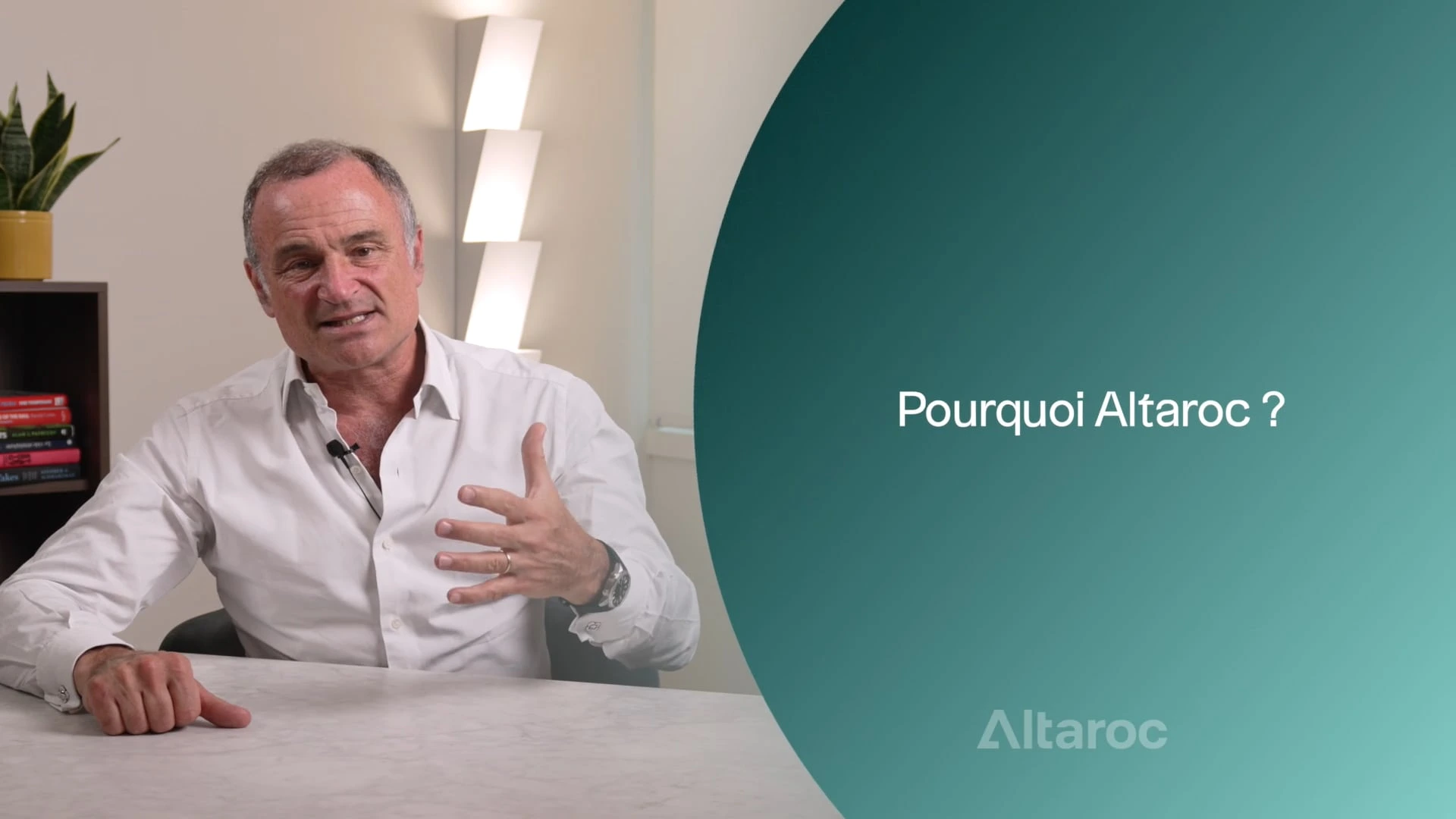

Private equity trends and outlook
Reasons underlying the Private Equity performance
Management fees for portfolio funds and co-investments amount to 1.3% for the Altaroc customer.
Thus, for the smallest commitments the Altaroc customer pays consolidated fees of 3.8%.
In addition to these fees, performance fees on the co-investment portion of the Odyssey and Altalife portfolios amount to 20% of realized capital gains.

Discovery is a range dedicated to investors wishing to discover private equity within a structured and accessible framework. It offers simple exposure to this asset class, thanks to an accessible structure, a rigorous selection process and adapted accessibility, notably via life insurance.
Odyssey is a range of private equity investments starting from €100,000. Each year, it offers a turnkey portfolio, combining geographical and sector diversification, a selection of top-tier managers and a commitment to performance.
Infinity is a range dedicated to institutional investors and large estates. It offers a turnkey solution for building an international private equity portfolio, with structured, diversified access based on institutional standards.
Originating in the United States, Private Equity has developed rapidly over the last 40 years, initially among institutional investors such as pension funds, insurance companies, etc., who wished to invest in unlisted companies by delegating the management of their investments to specialized management companies. It consists of an operation whereby an investor buys shares in unlisted companies seeking equity capital.
Management companies support and/or improve the performance of the companies in which they acquire stakes. The companies acquired are supported for an average of five to seven years, then sold with a crystallised capital gain when they are taken public or resold, either to industrial groups or to other funds. The companies we support generally have one of the following profiles:
- unlisted growth companies,
- so-called "orphan" companies or underdeveloped divisions of large corporations,
- listed companies that are undervalued or whose growth potential could be better exploited by a private shareholder.
The Private Equity model can be applied to a wide range of companies, whatever their type, size, sector or geographical area. There are many cases in which Private Equity generates real added value, particularly when the companies it supports need to change size, strategy or organisational set-up.
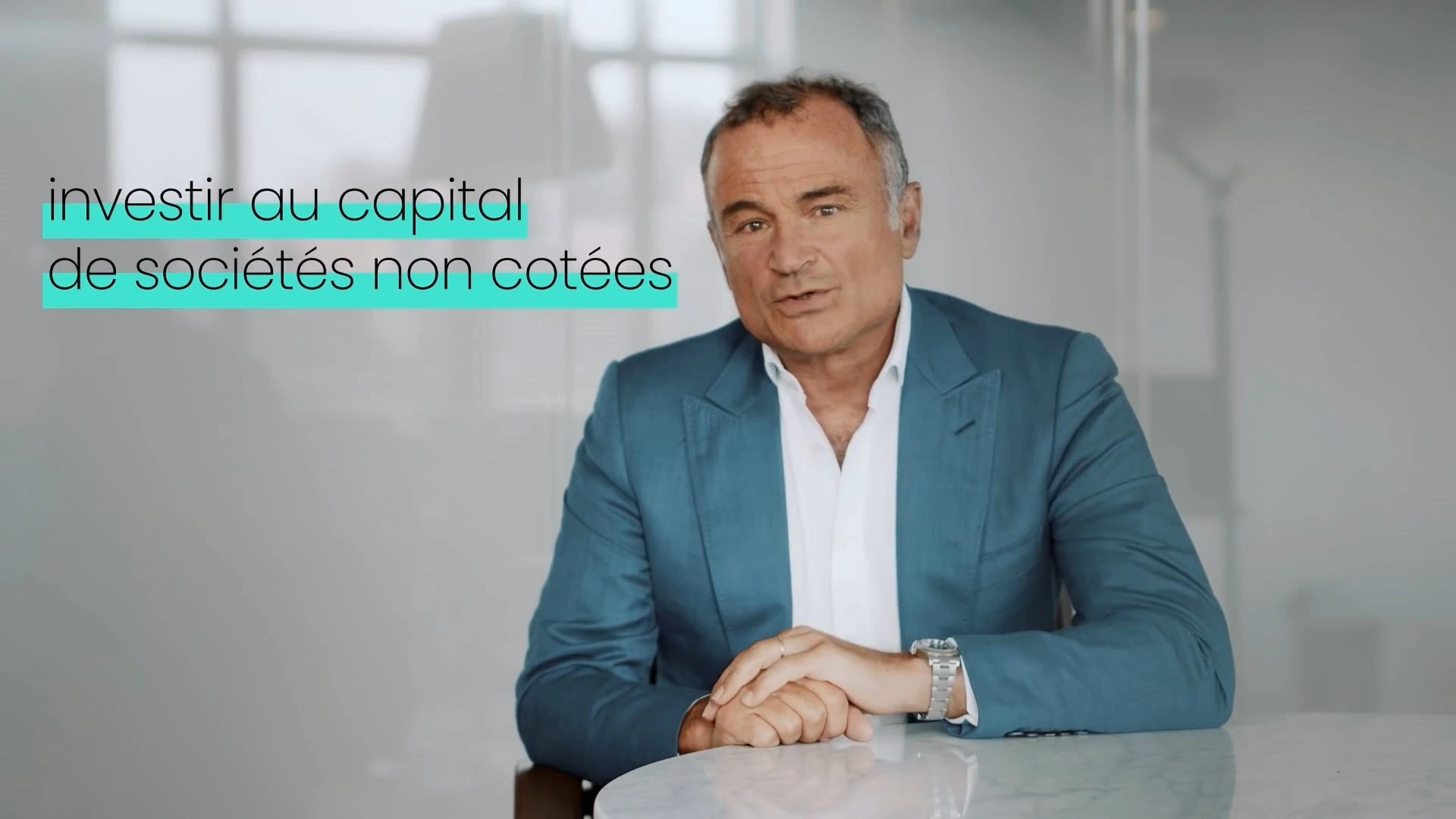
Private Equity's performance is based on a series of levers explained by Frédéric Stolar in this short video.
Private Equity investments entail risks of liquidity and capital loss. Past performance is no guarantee of future results.
Investing in Private Equity entails risks, particularly in terms of liquidity and capital loss. Find out more about the main risks associated with Private Equity investing on our Private Equity Performance and Risks page.




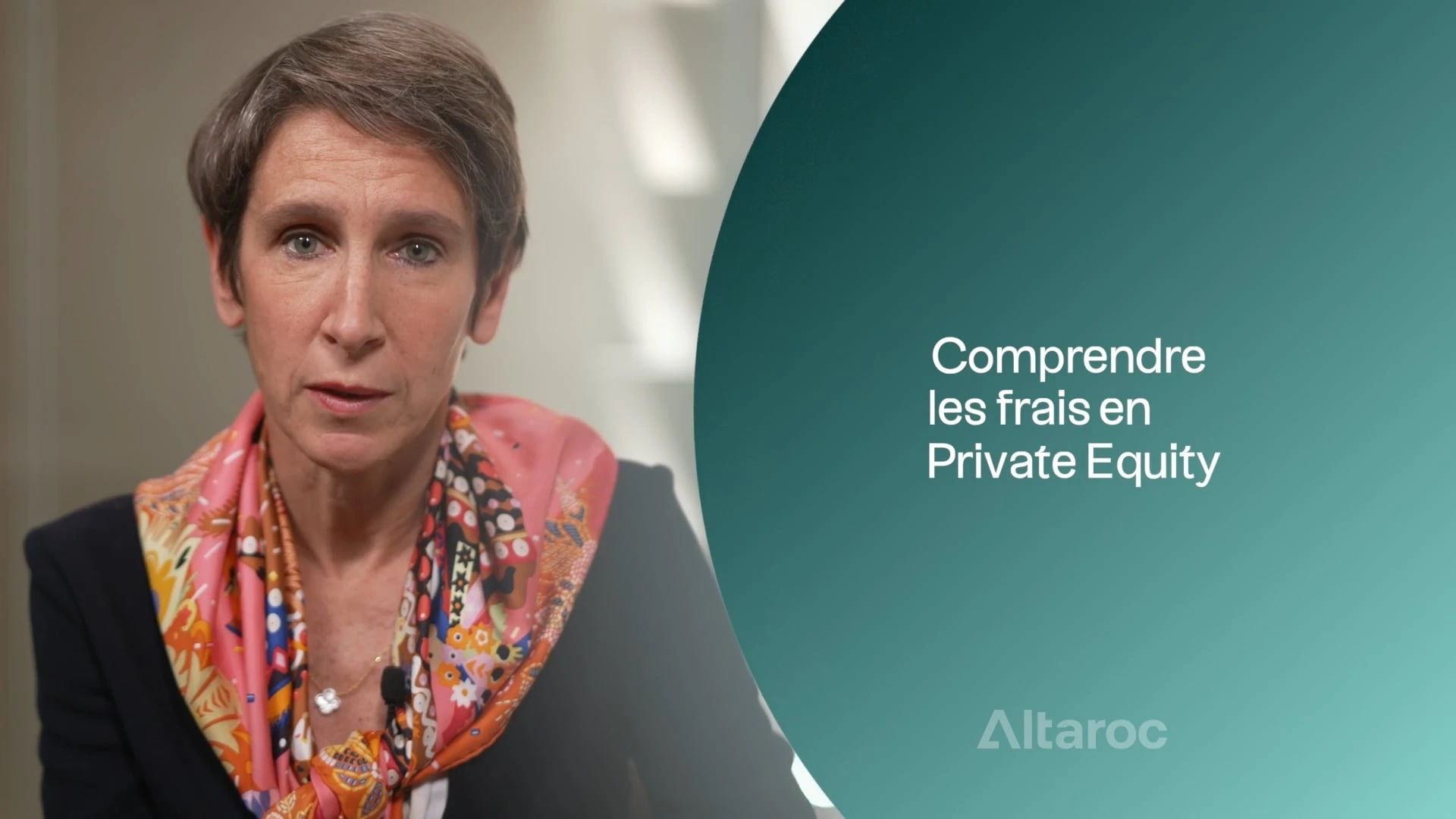
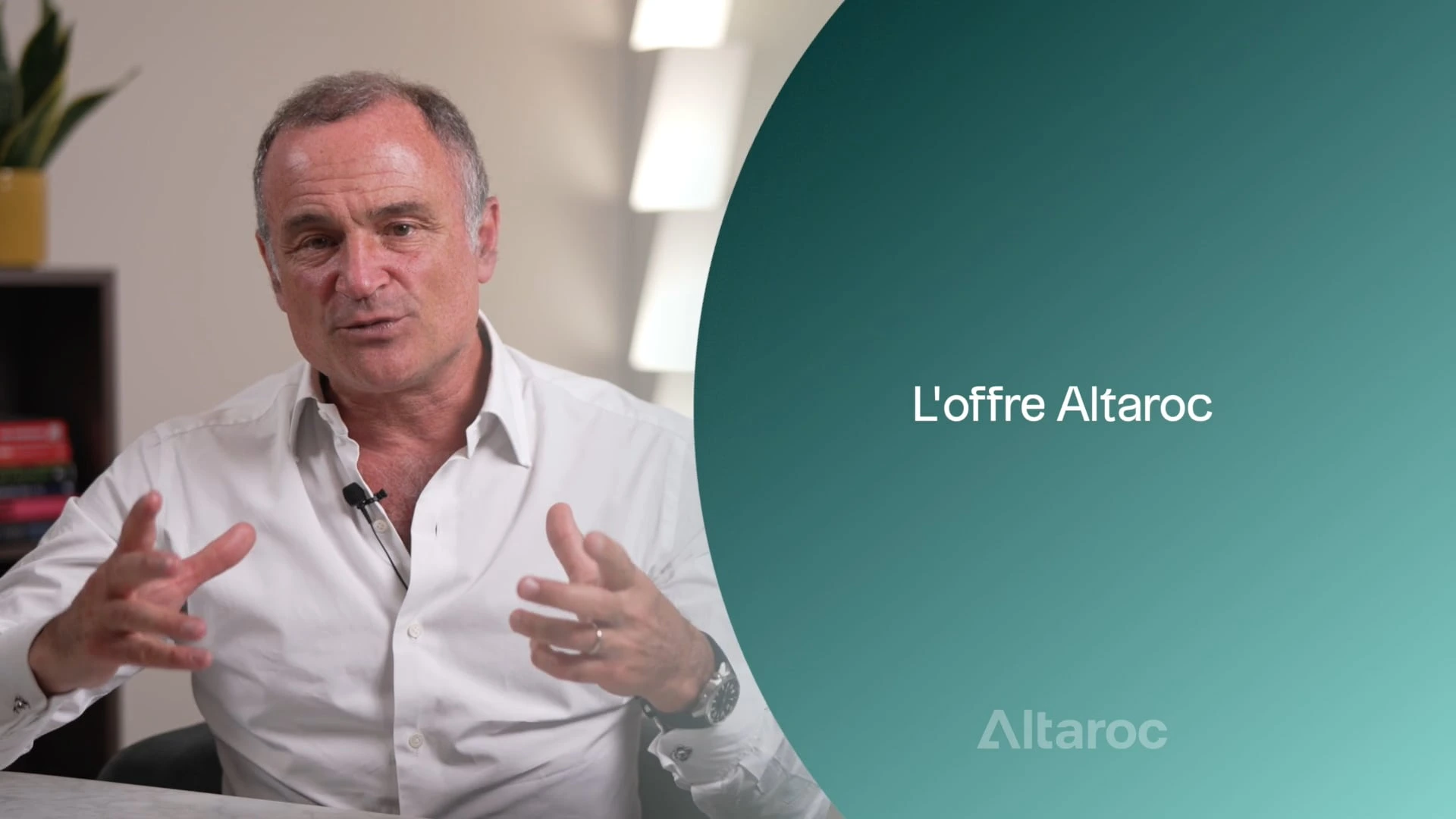

.png)
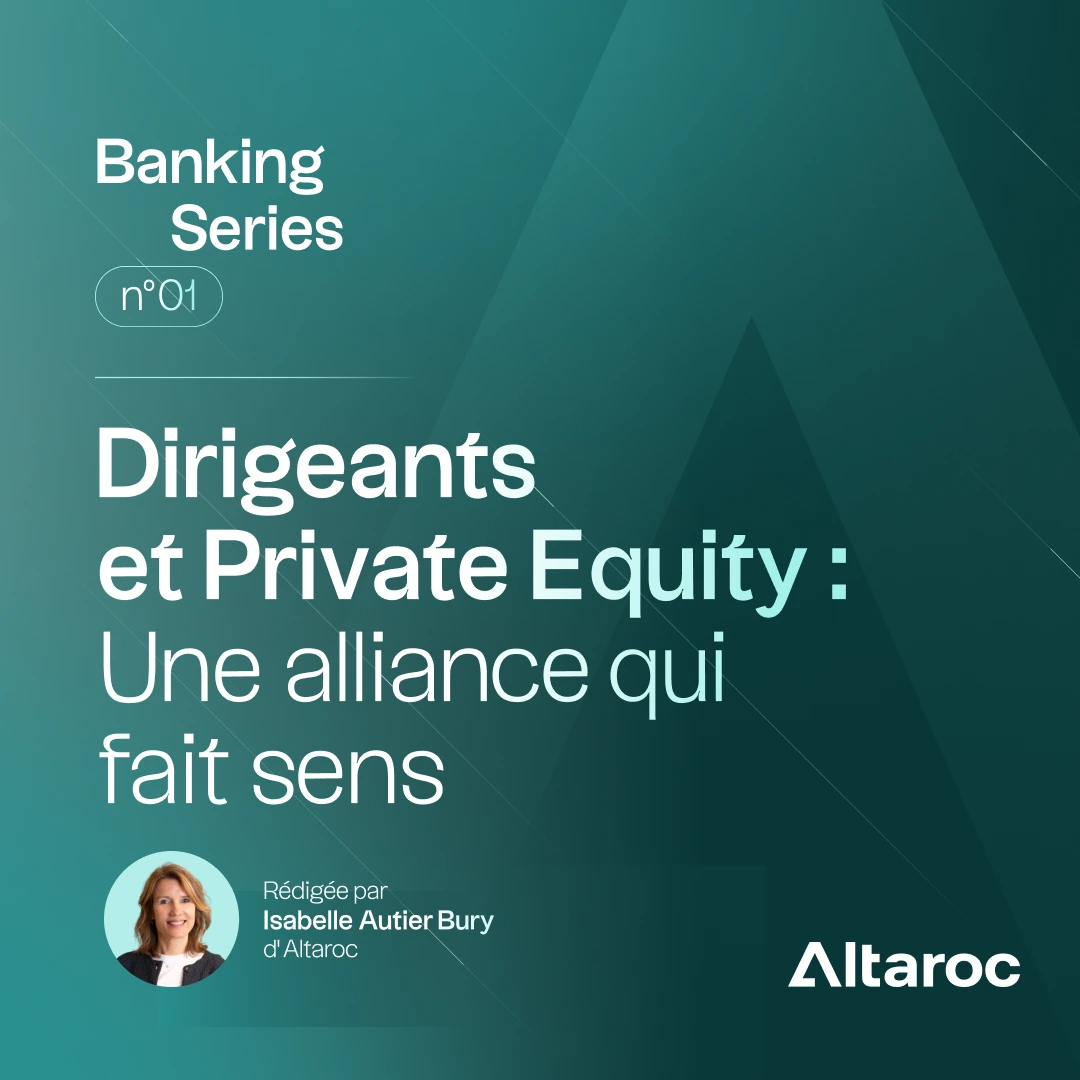
%2520(1).webp)

.jpeg)
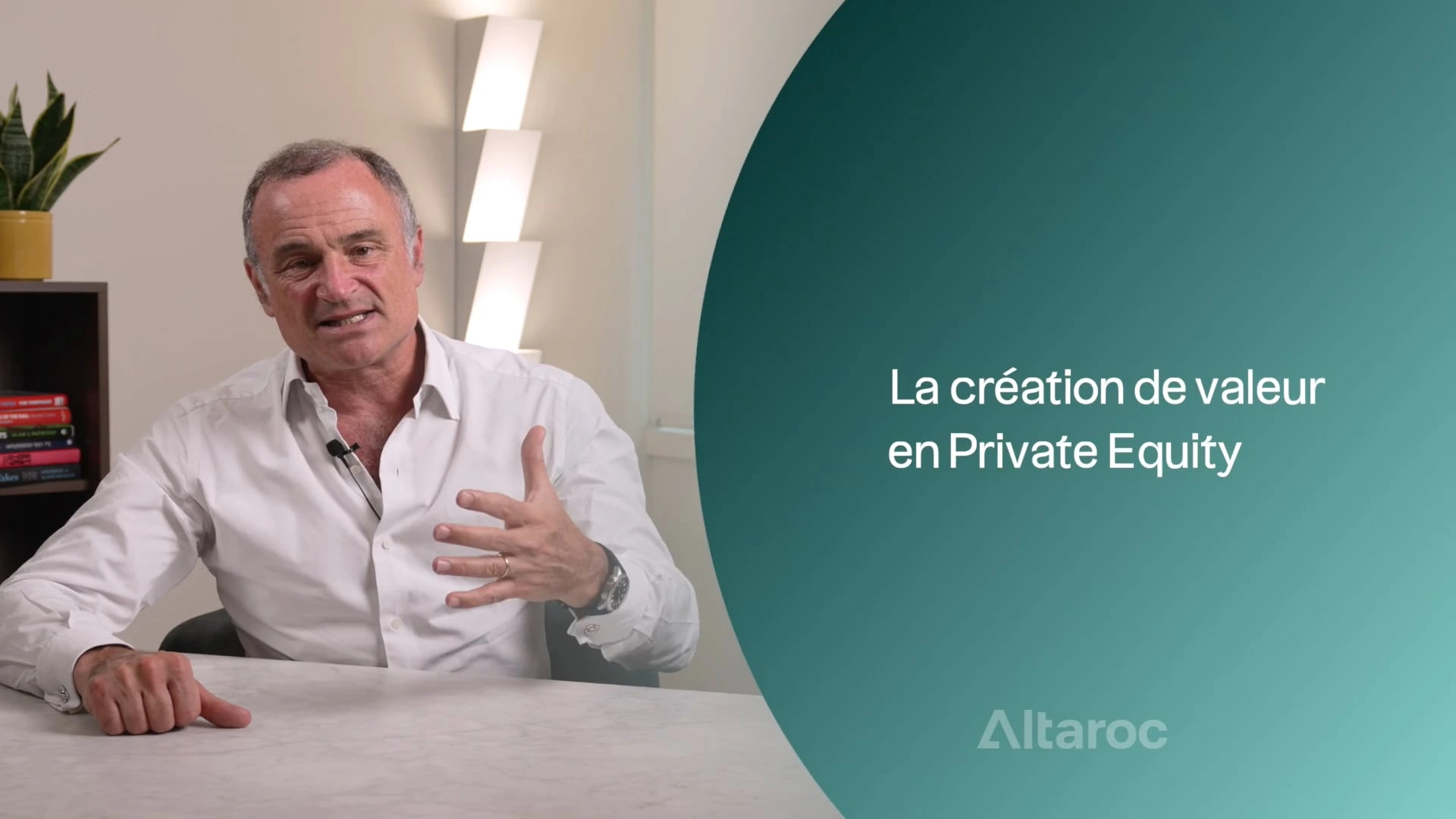

.webp)

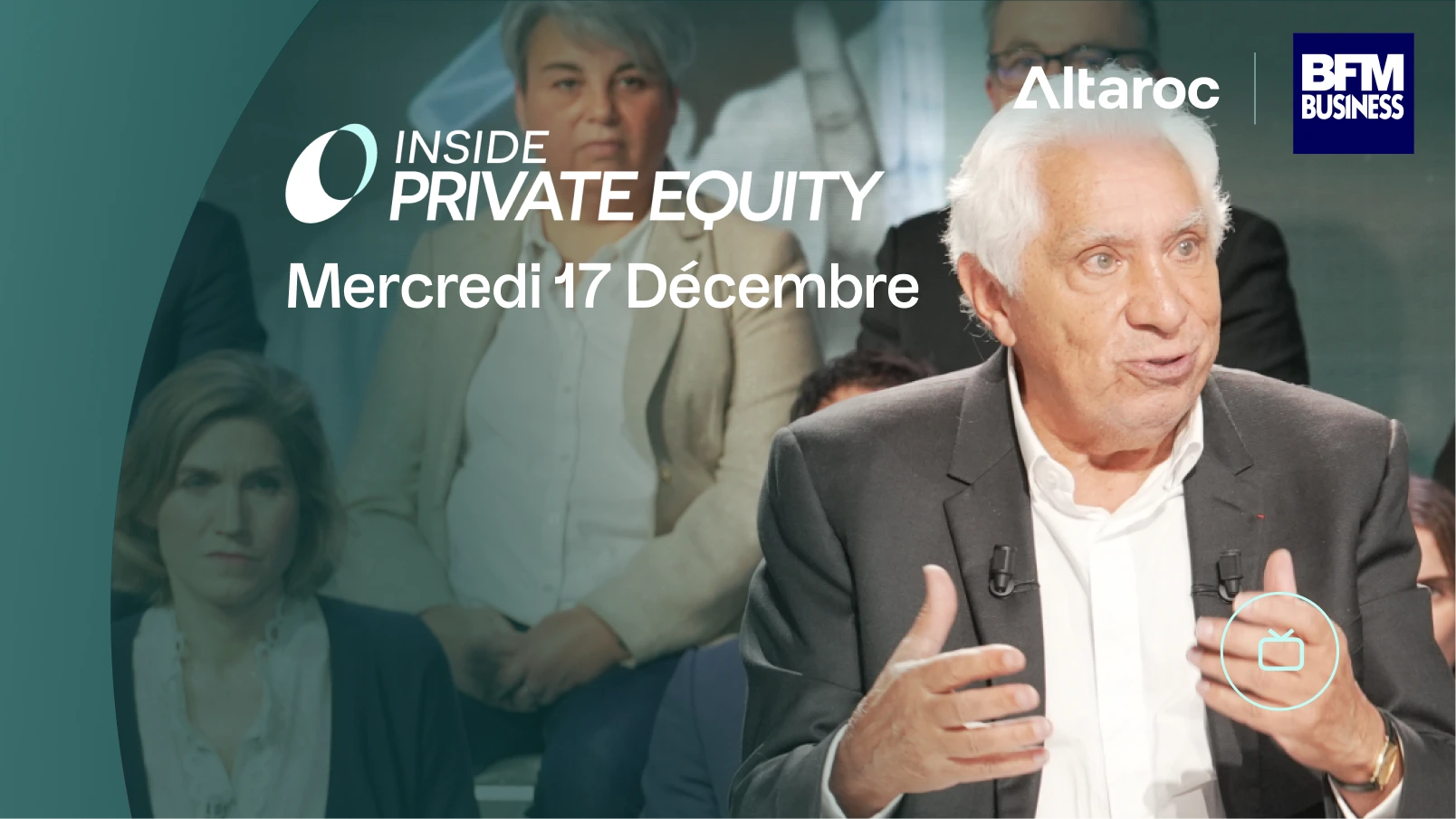
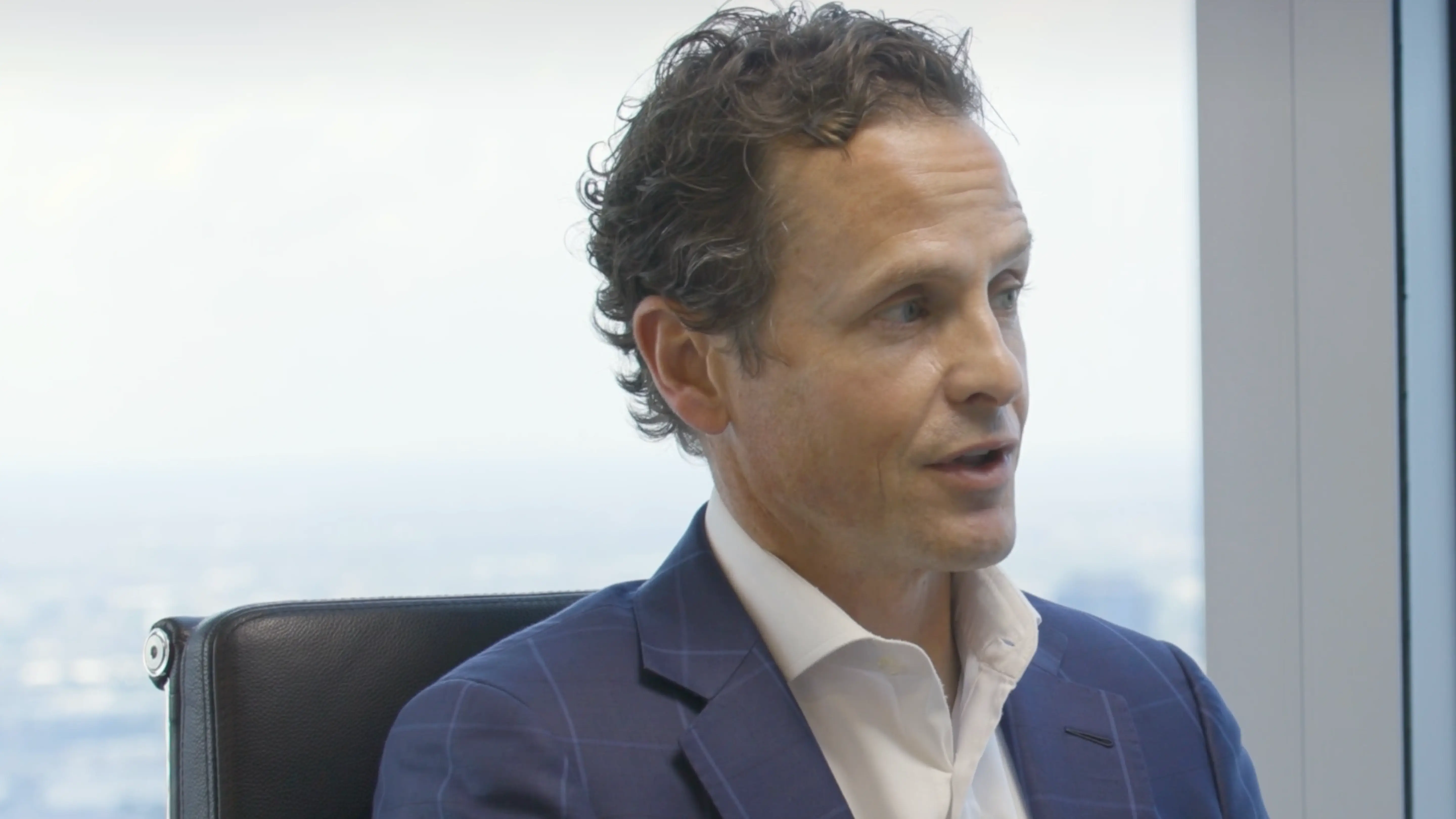
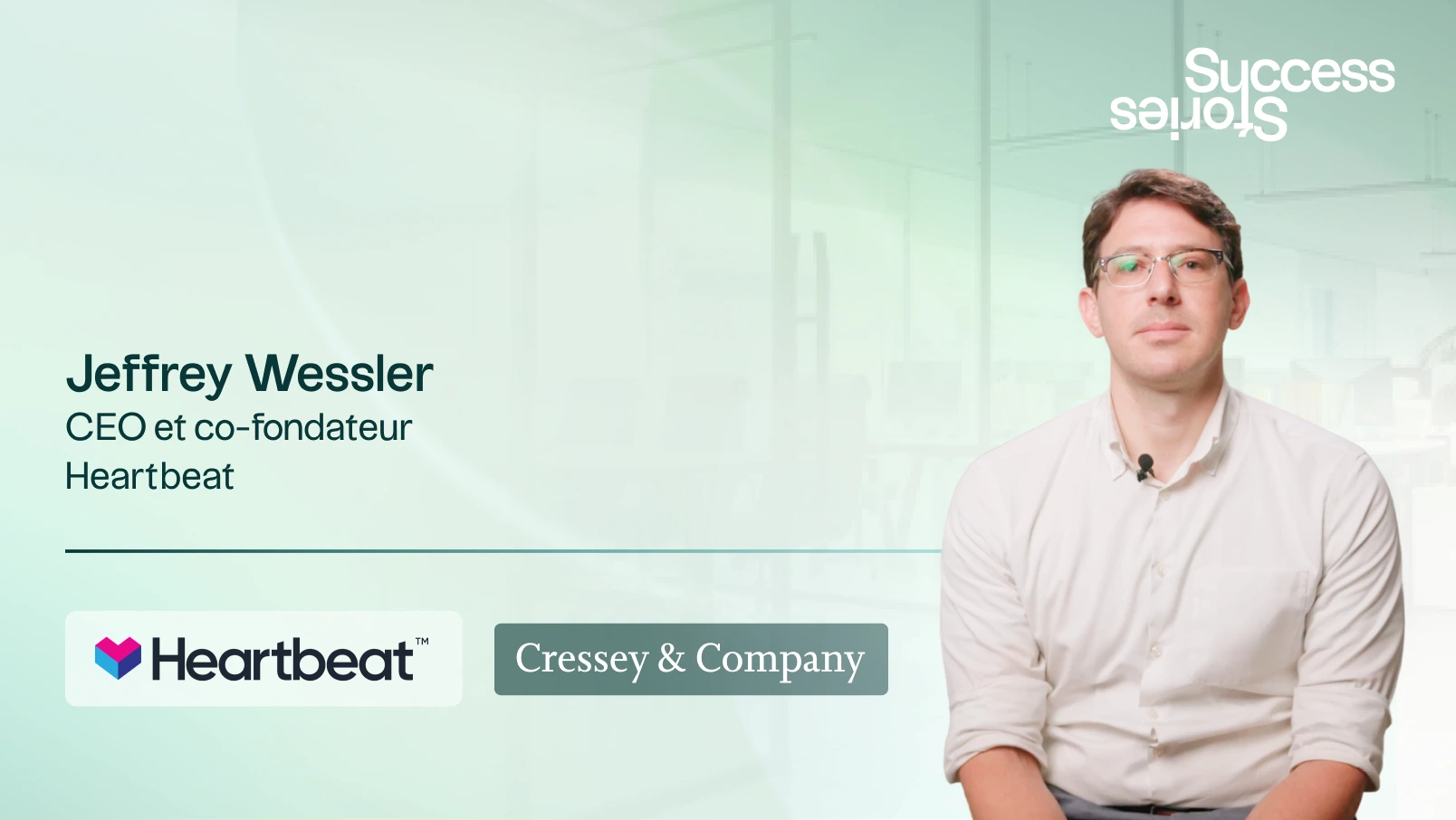
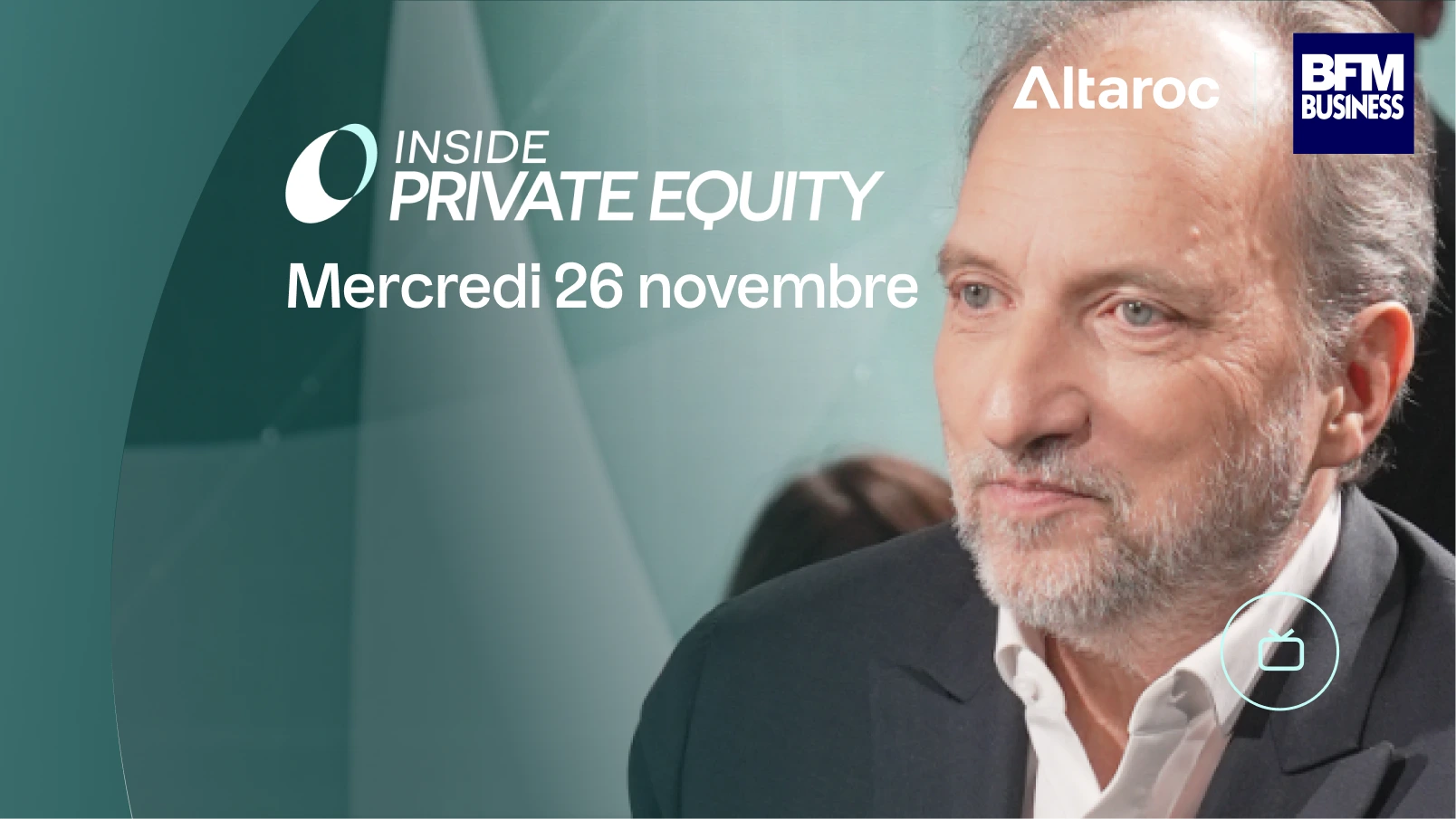
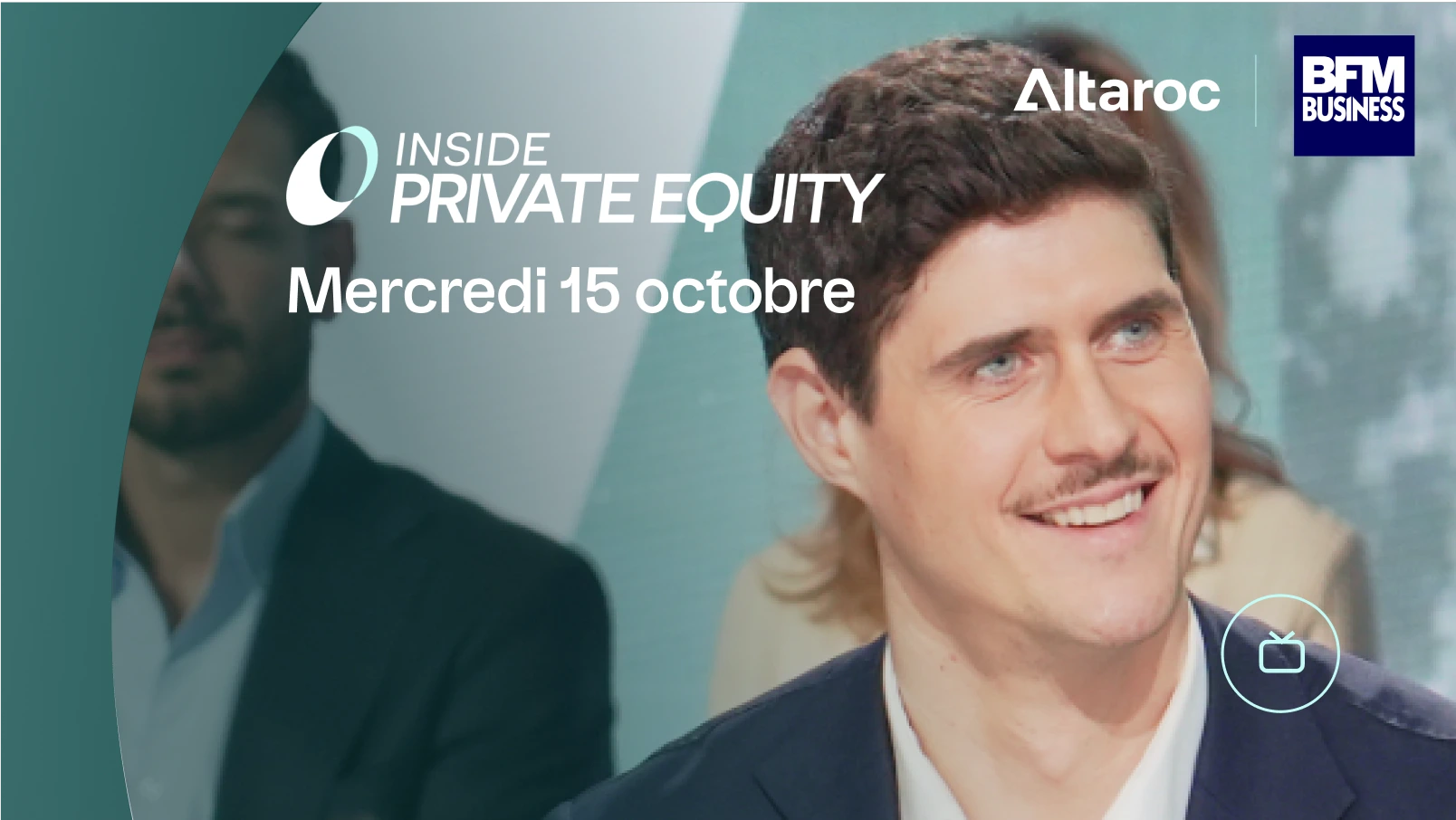
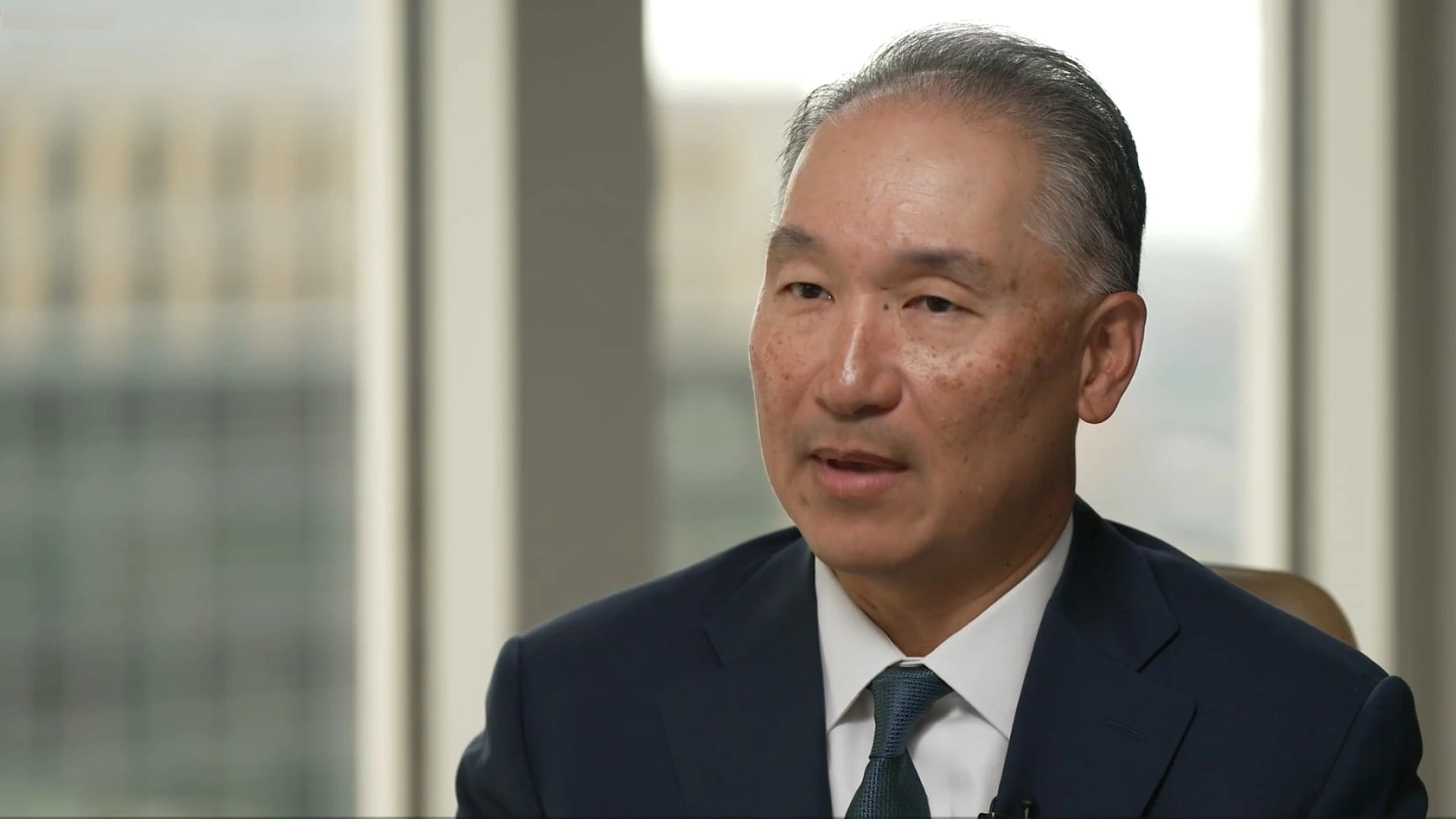
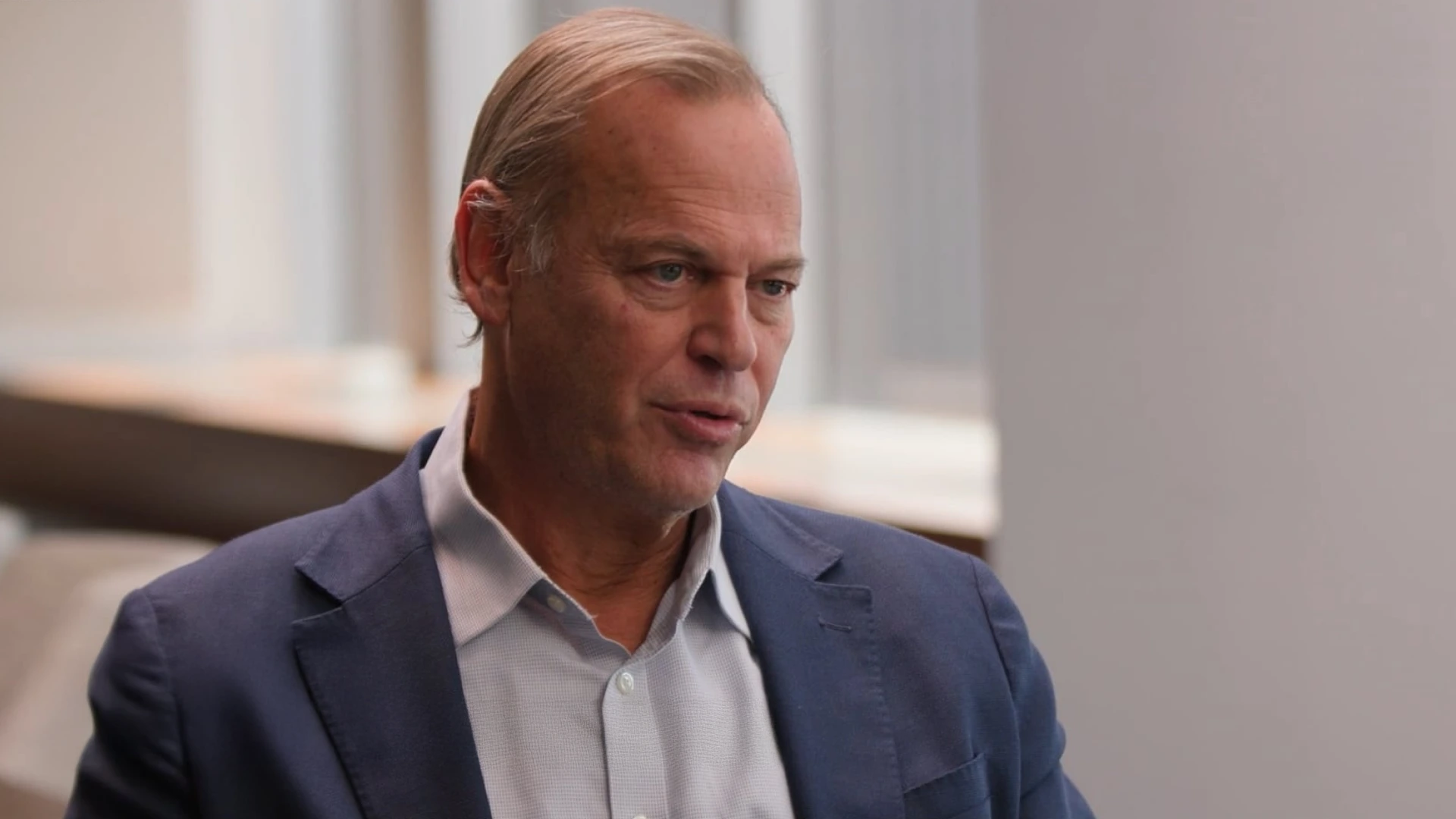
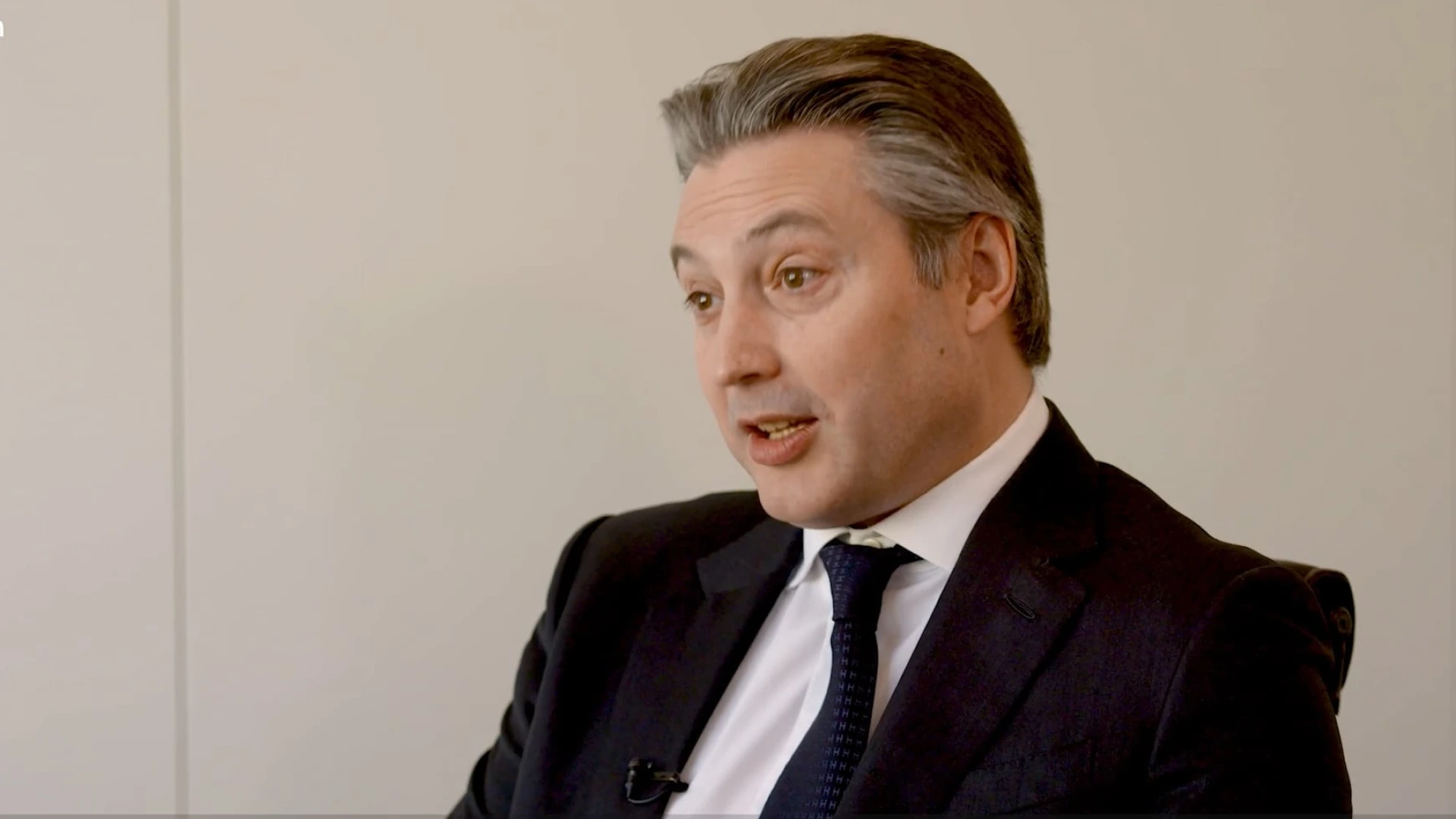
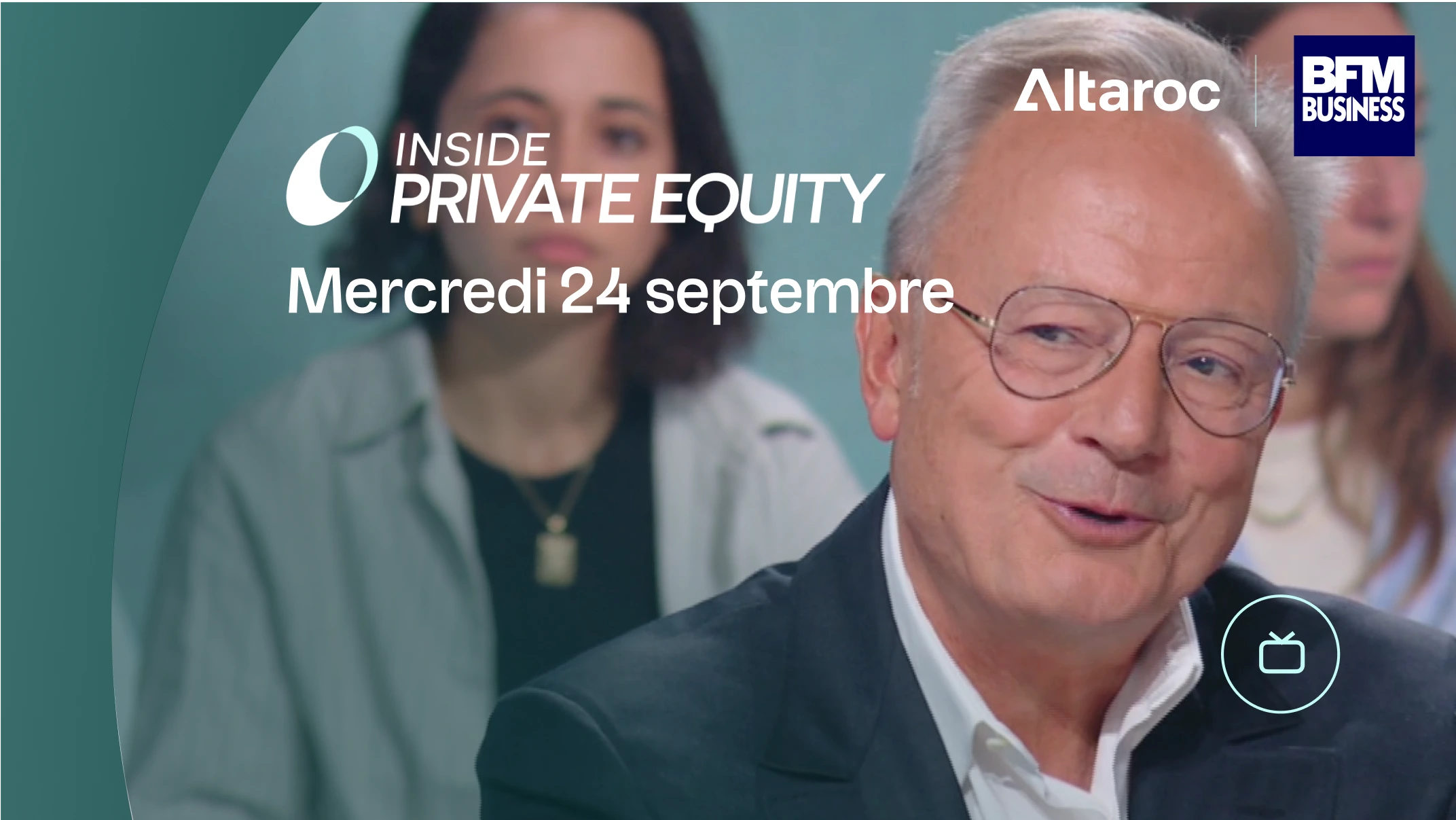
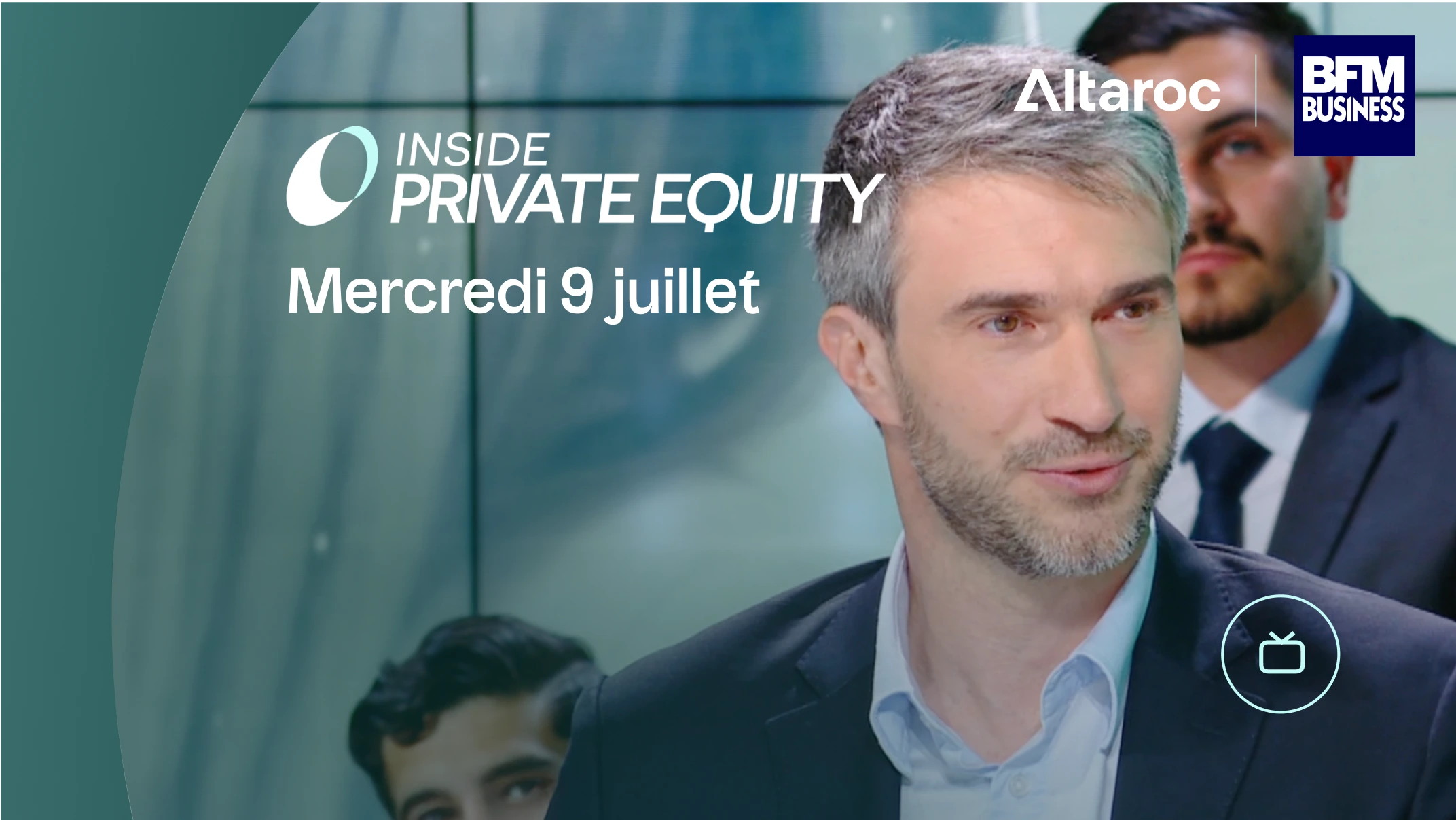
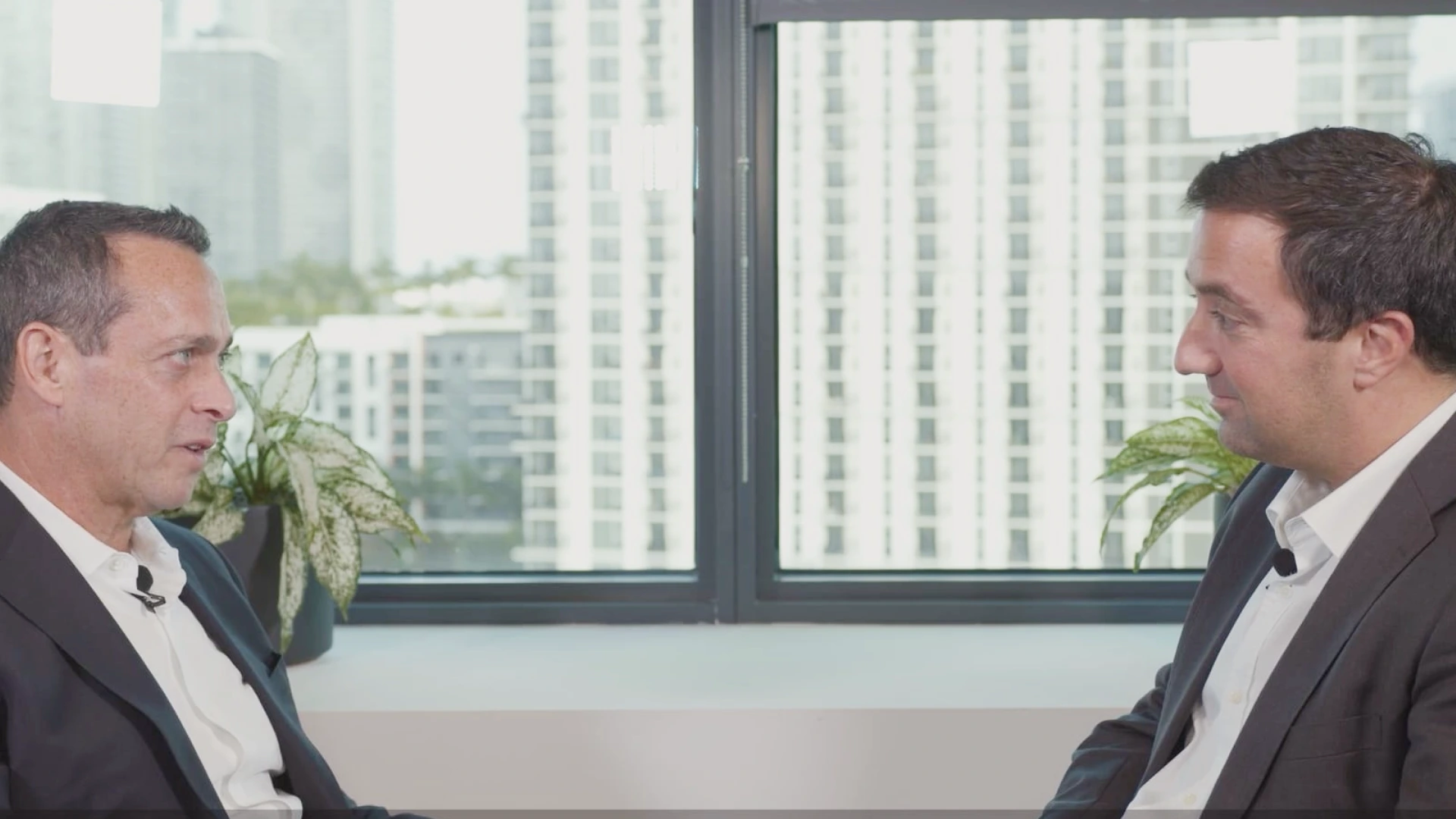
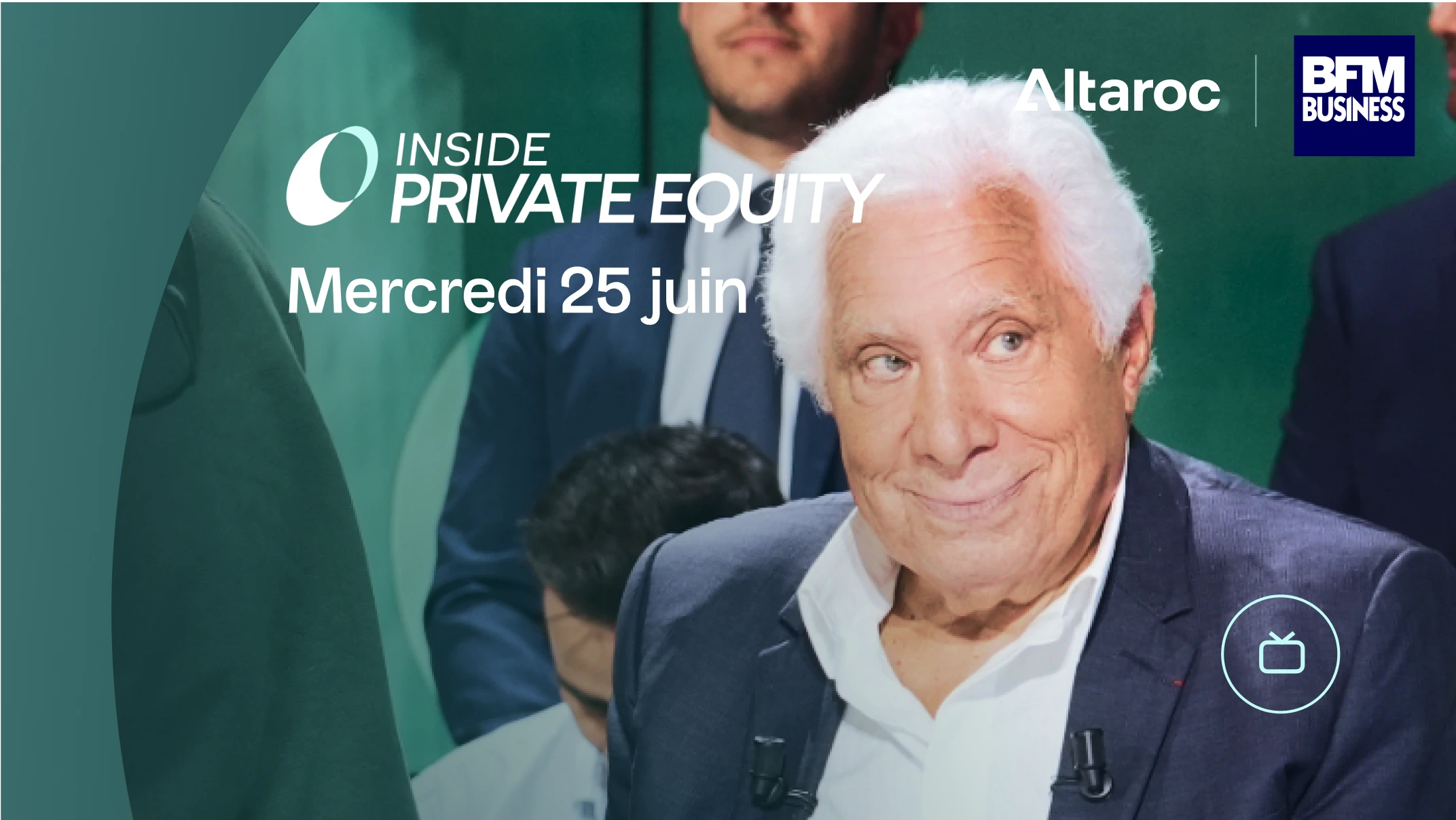
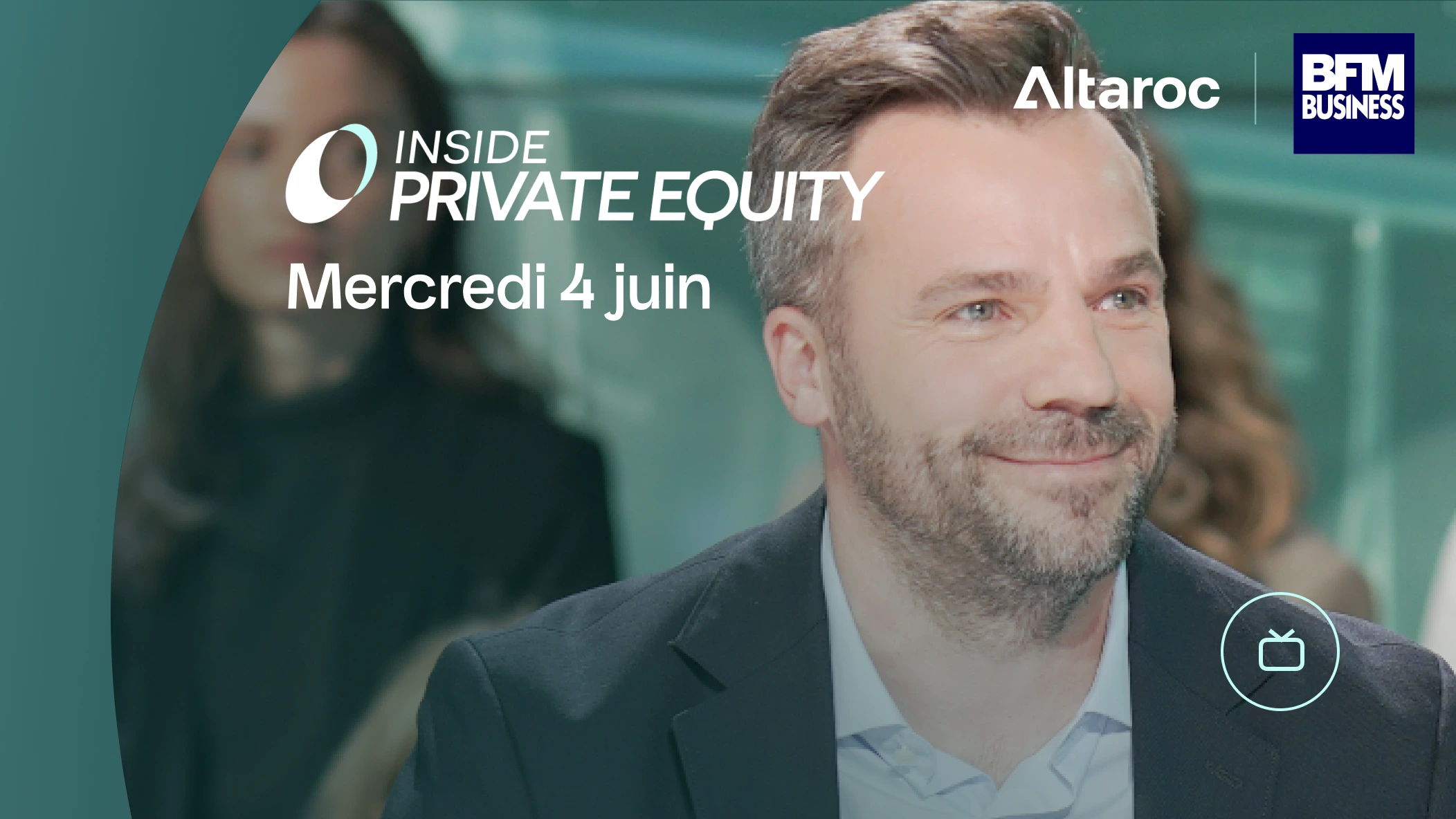
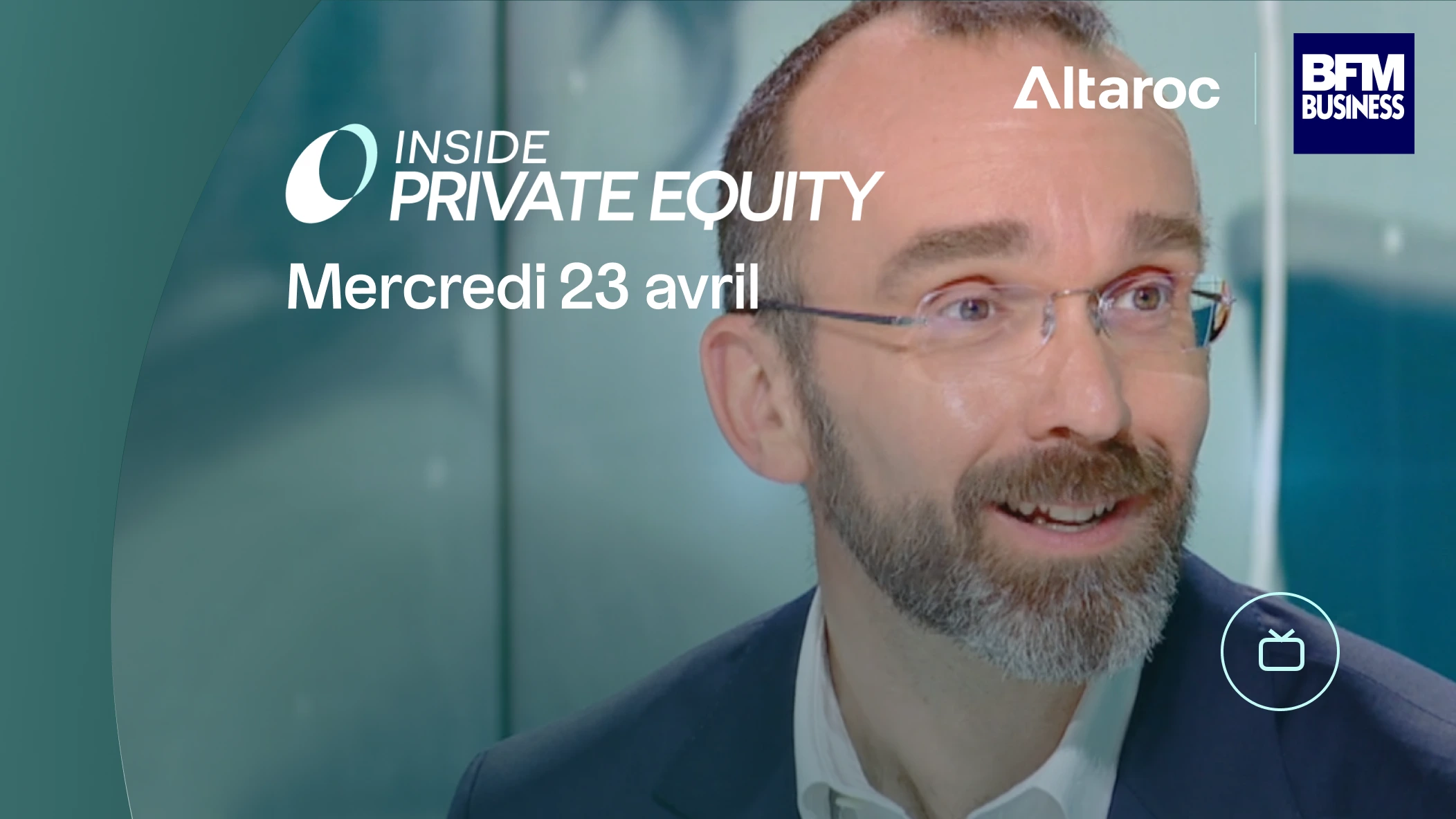

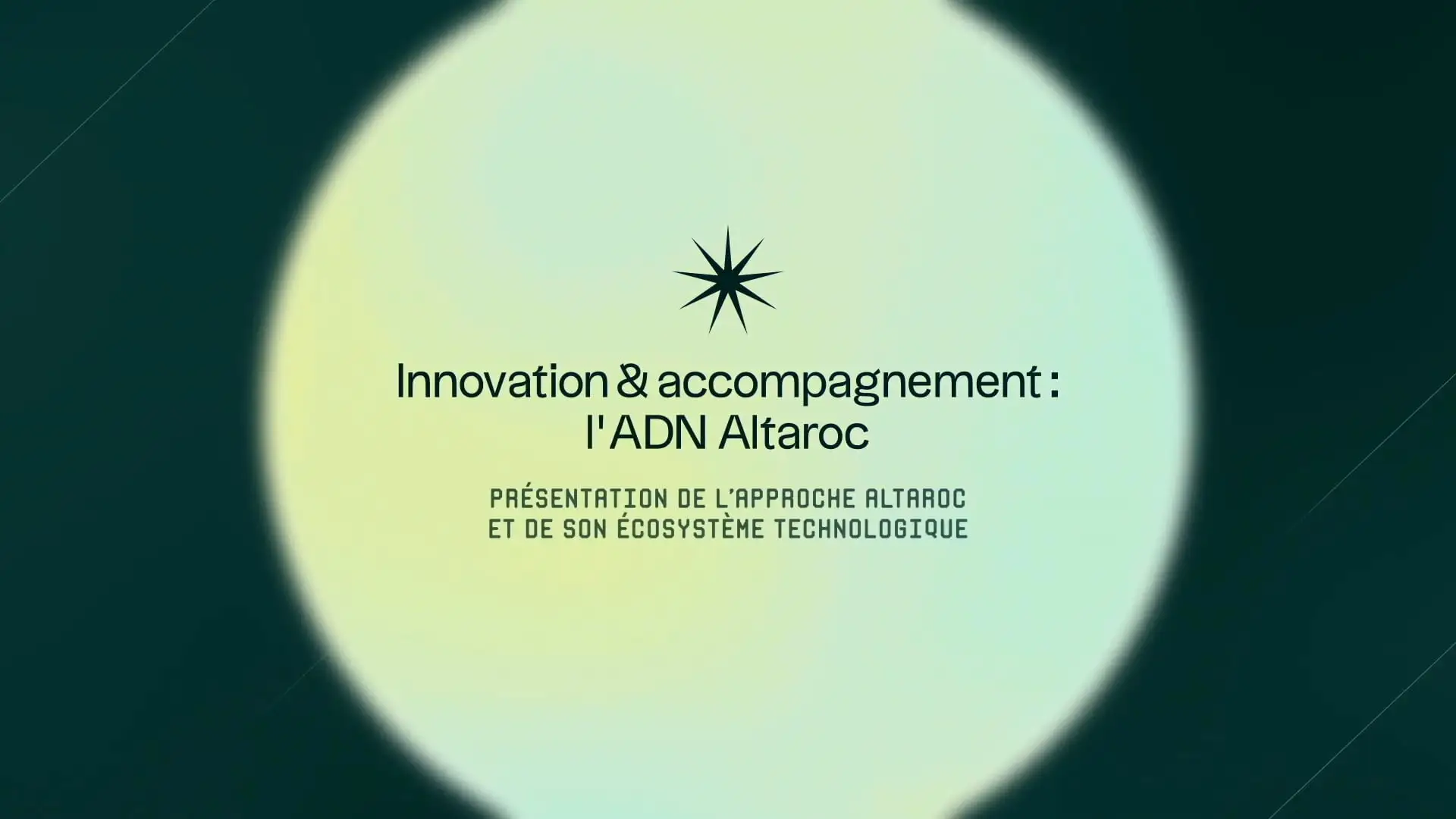
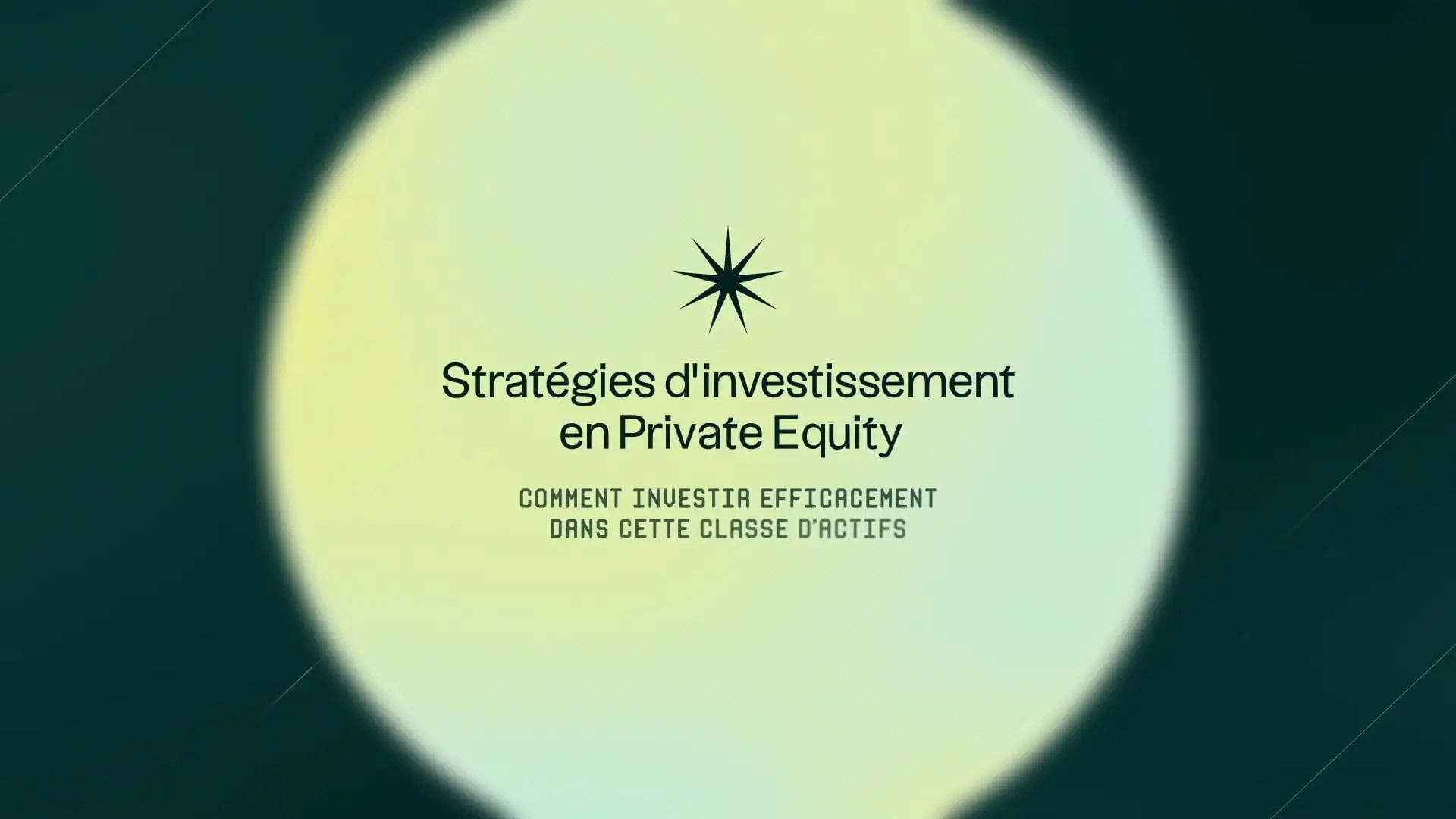








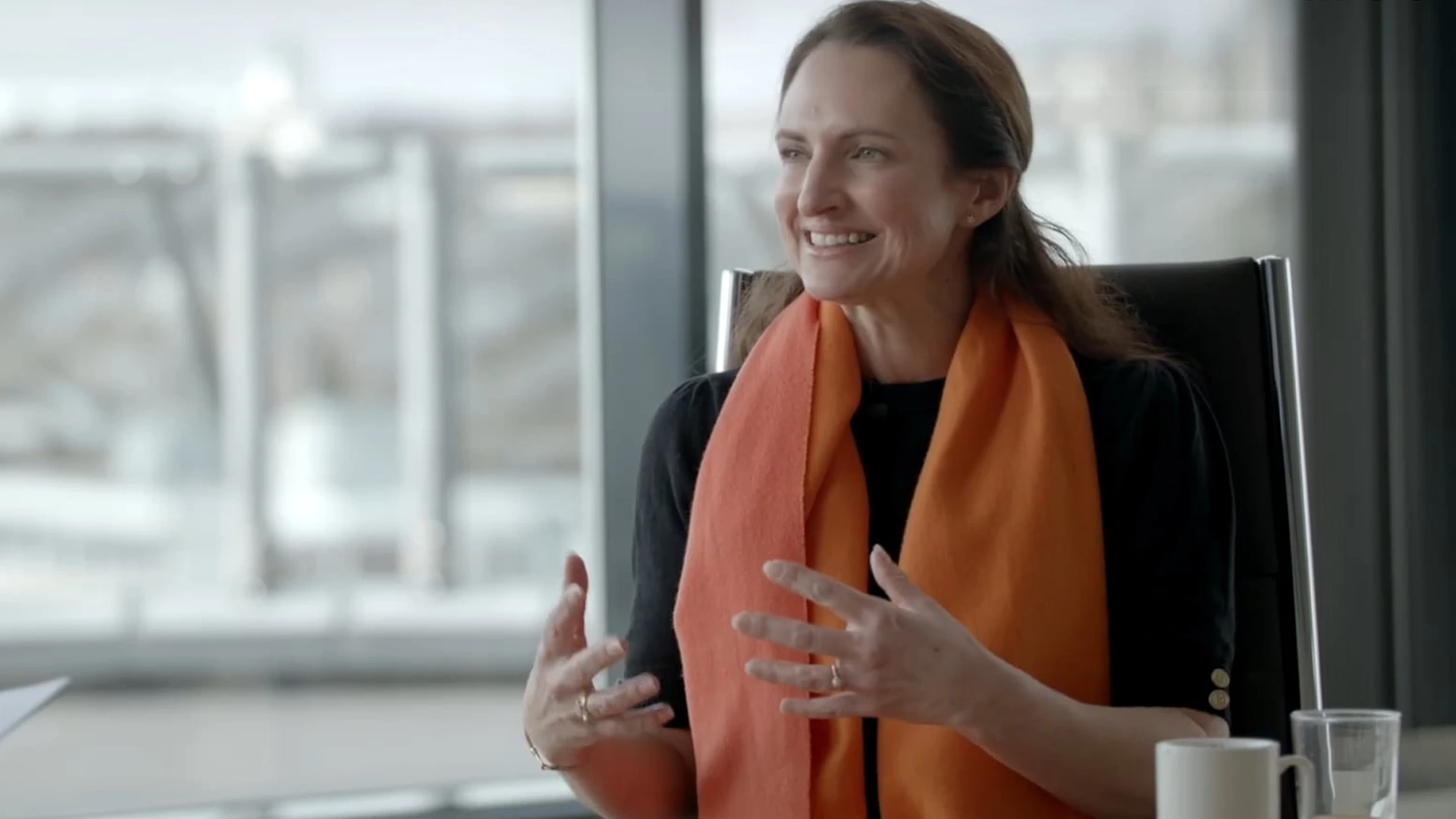
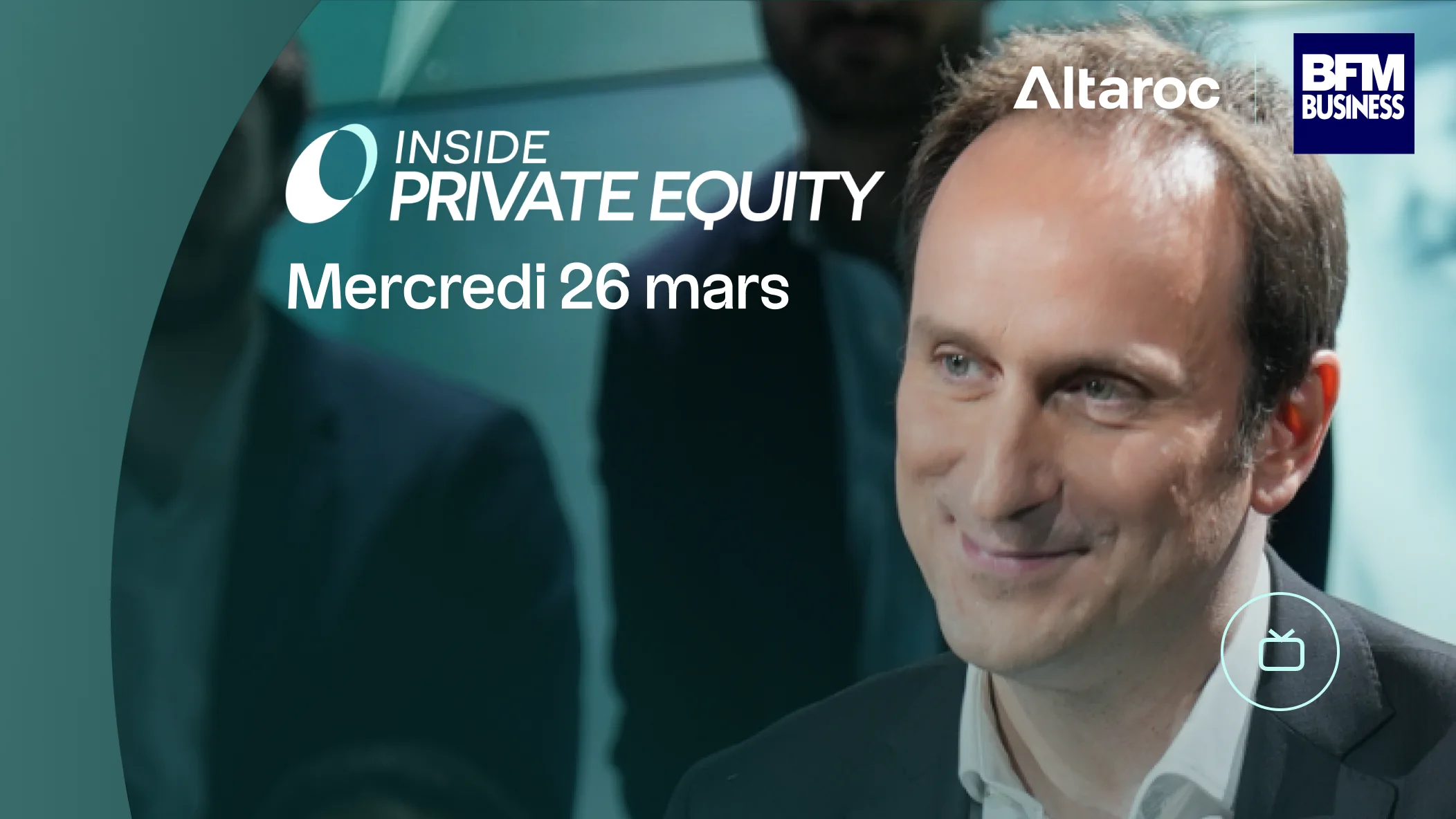
.jpeg)
.jpeg)
.jpeg)
.jpeg)
.jpeg)
.jpeg)





.webp)
.jpeg)
.jpeg)
.jpeg)
.jpeg)
.jpeg)
.jpeg)
.jpeg)
.jpeg)
.jpeg)
.jpeg)
.jpeg)
.jpeg)
.jpeg)
.jpeg)
.jpeg)
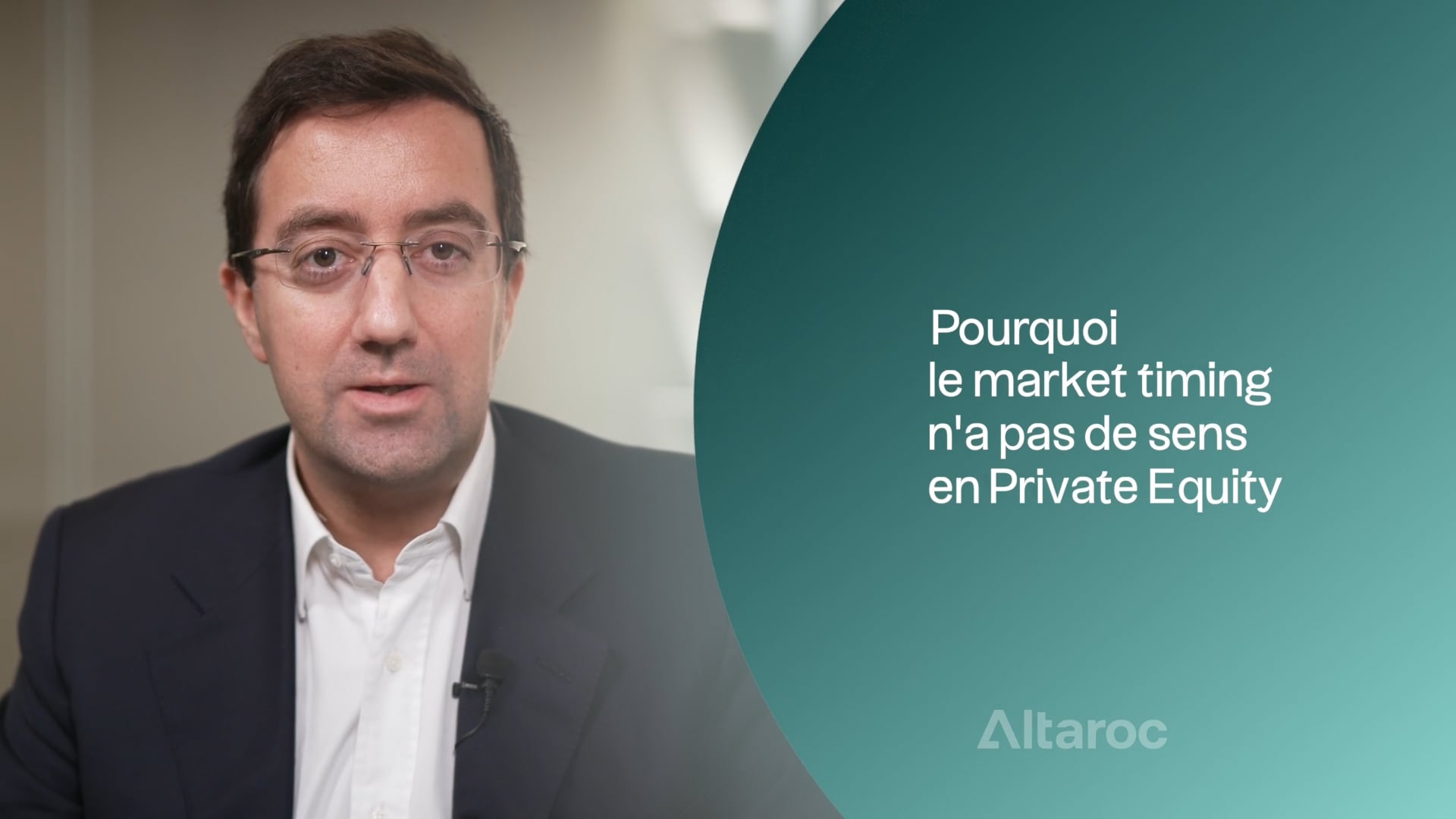
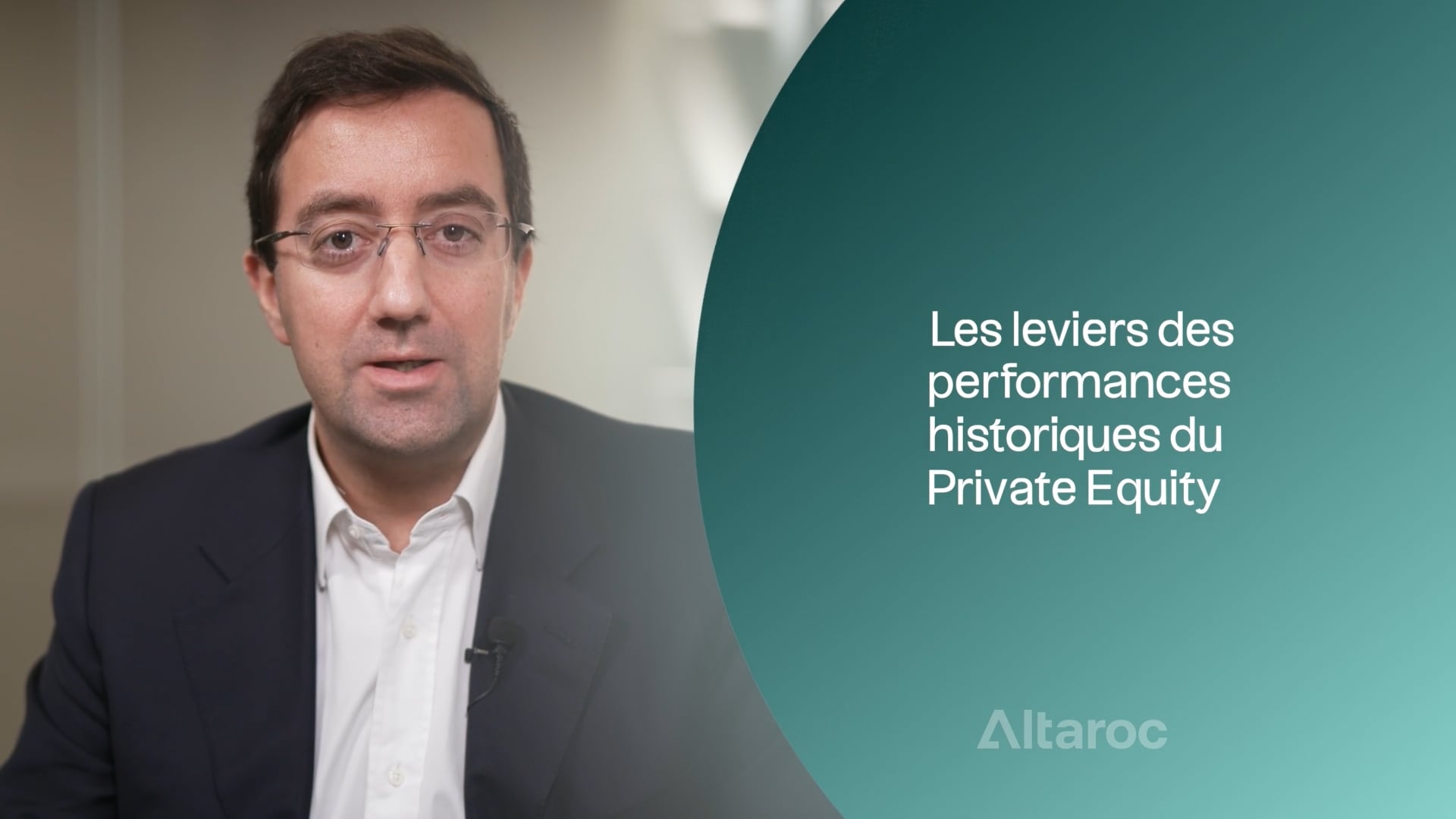
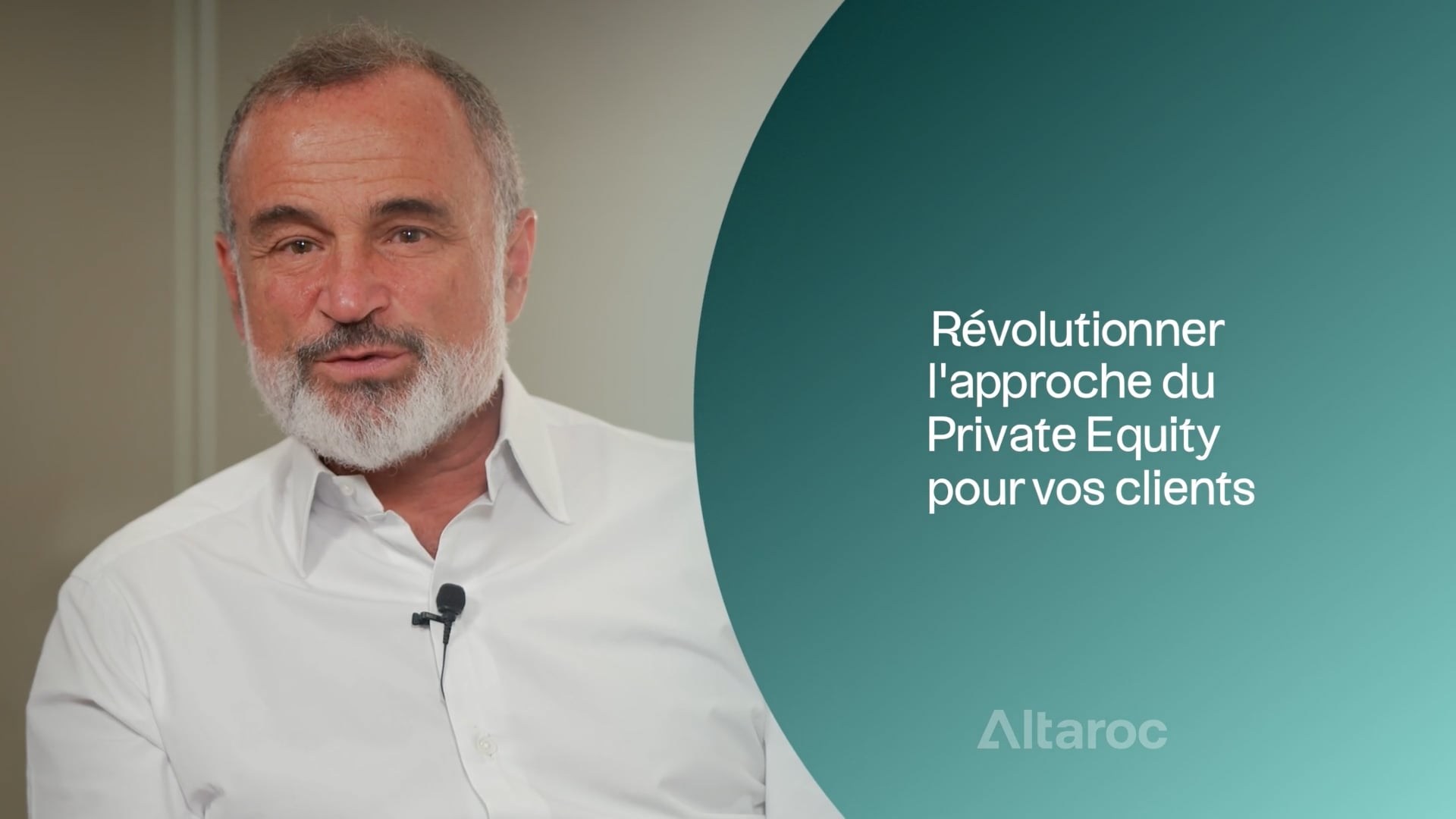
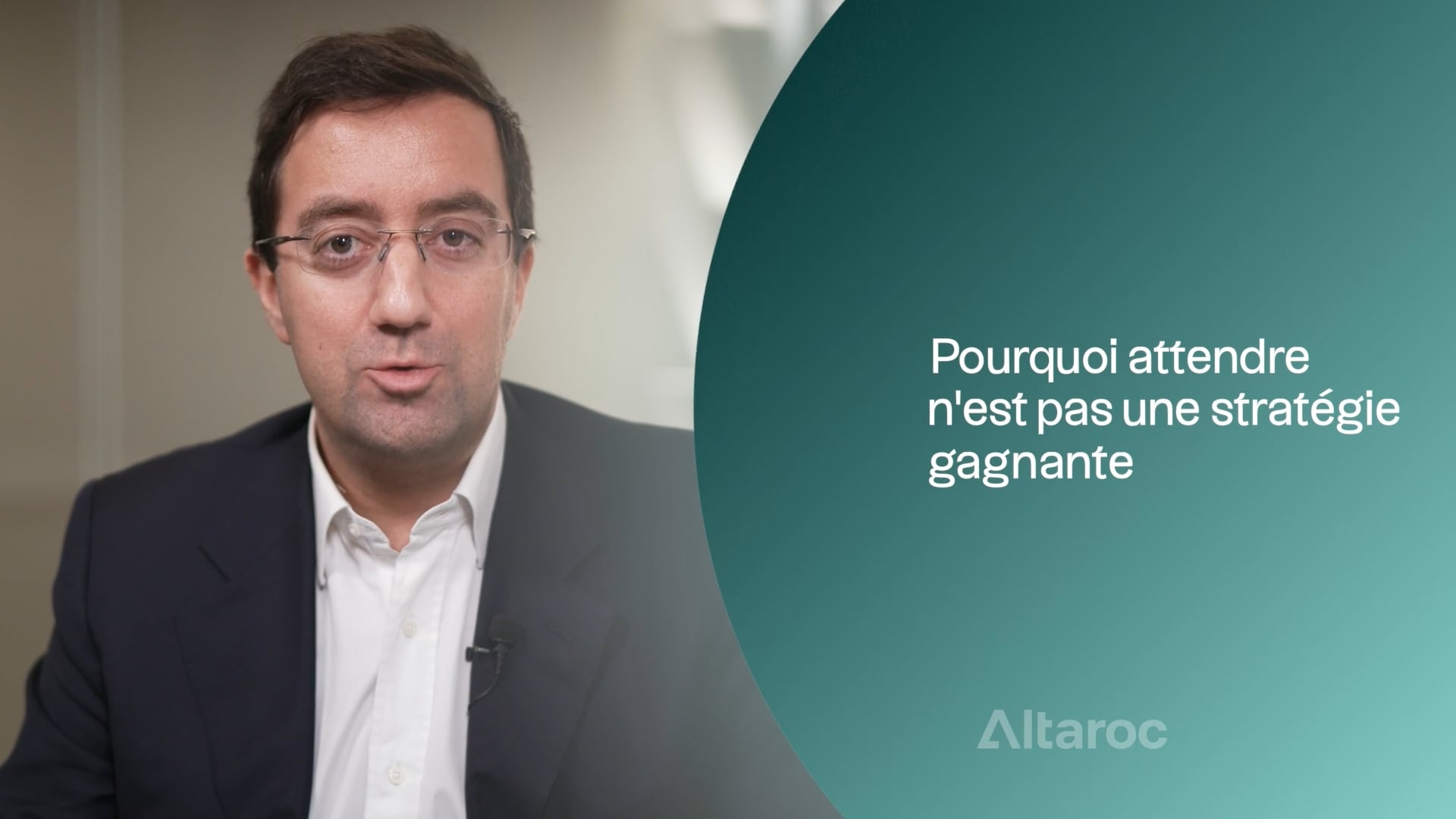
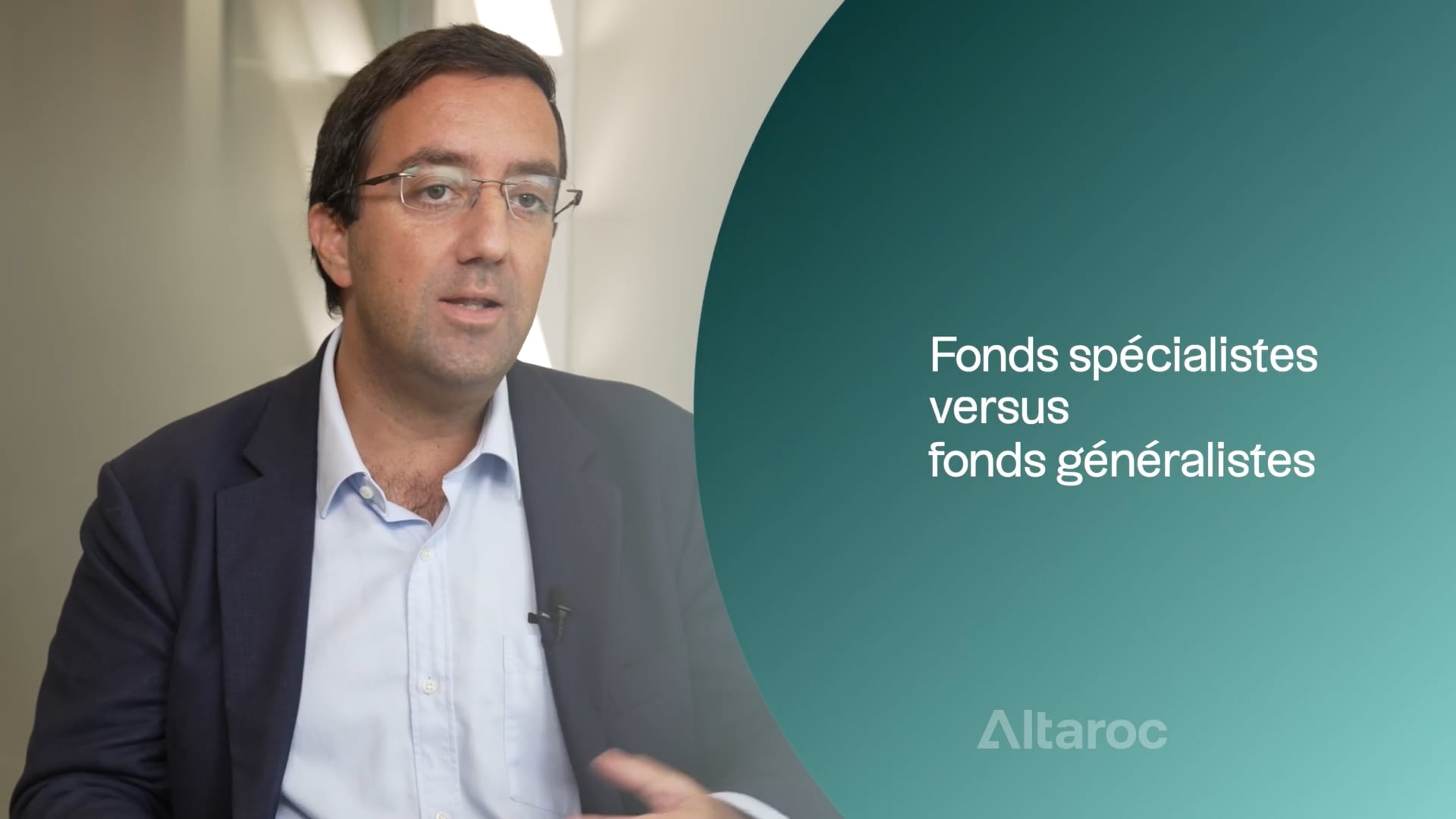
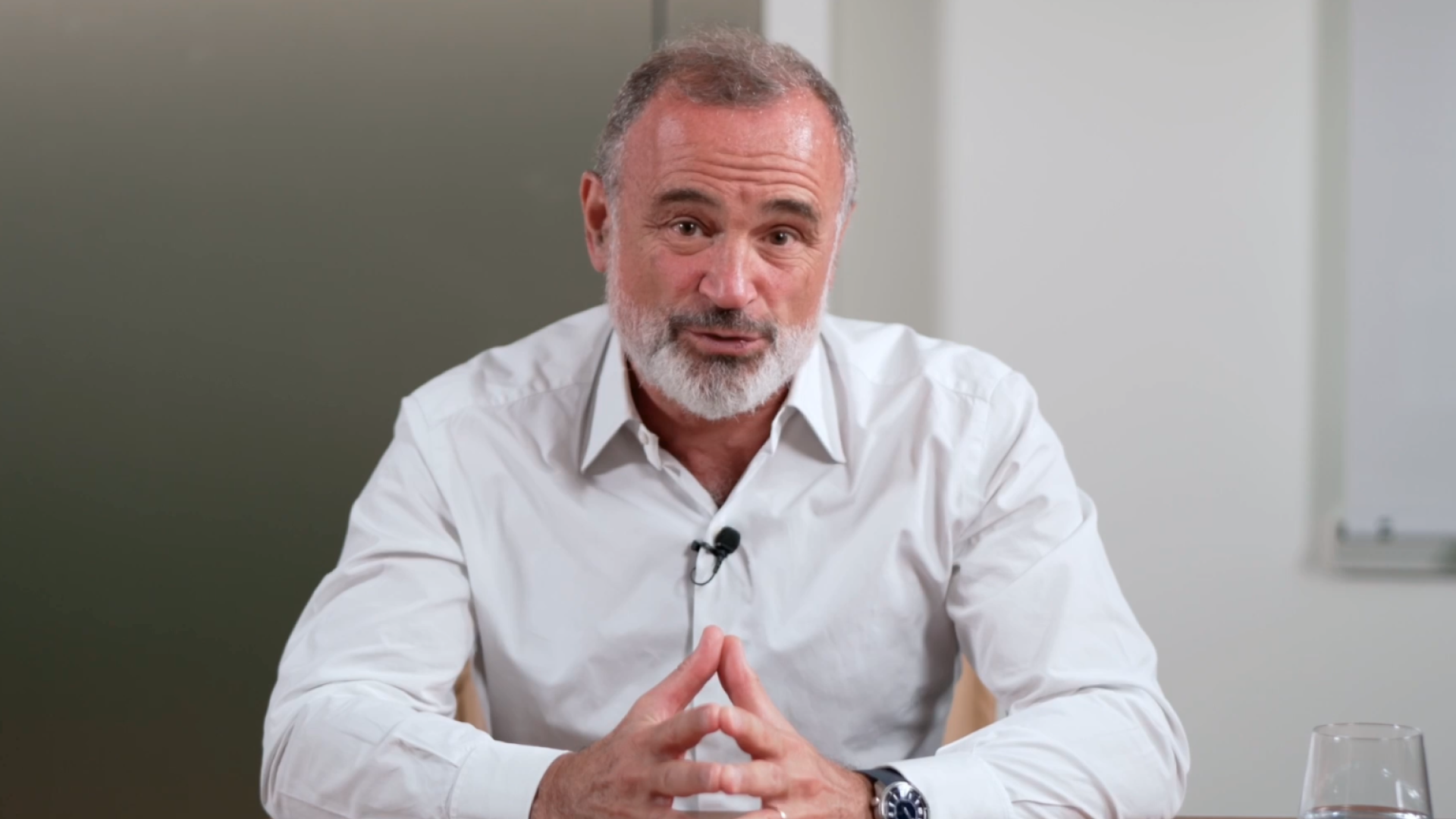
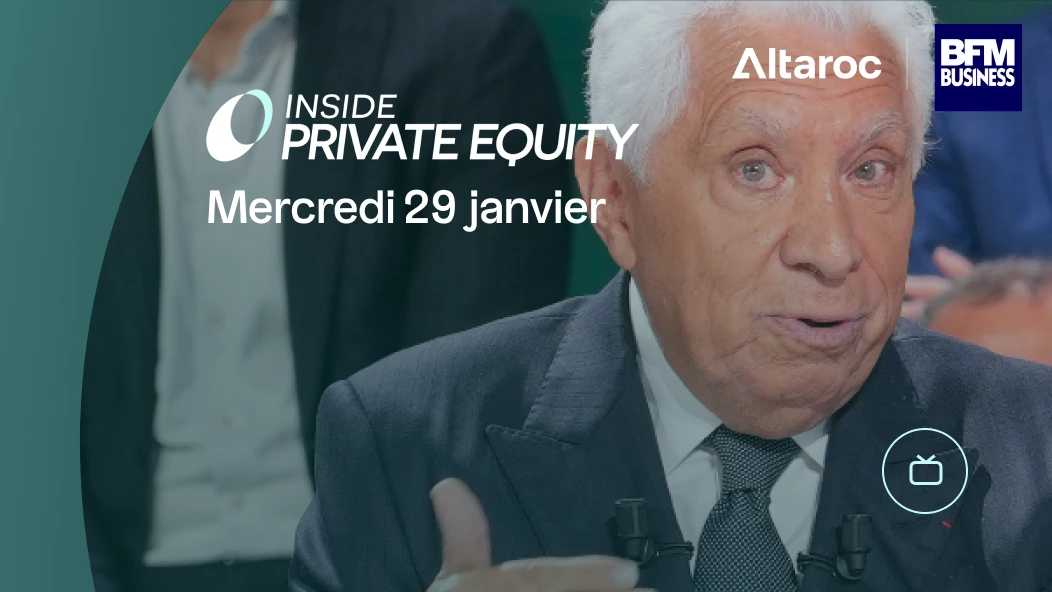
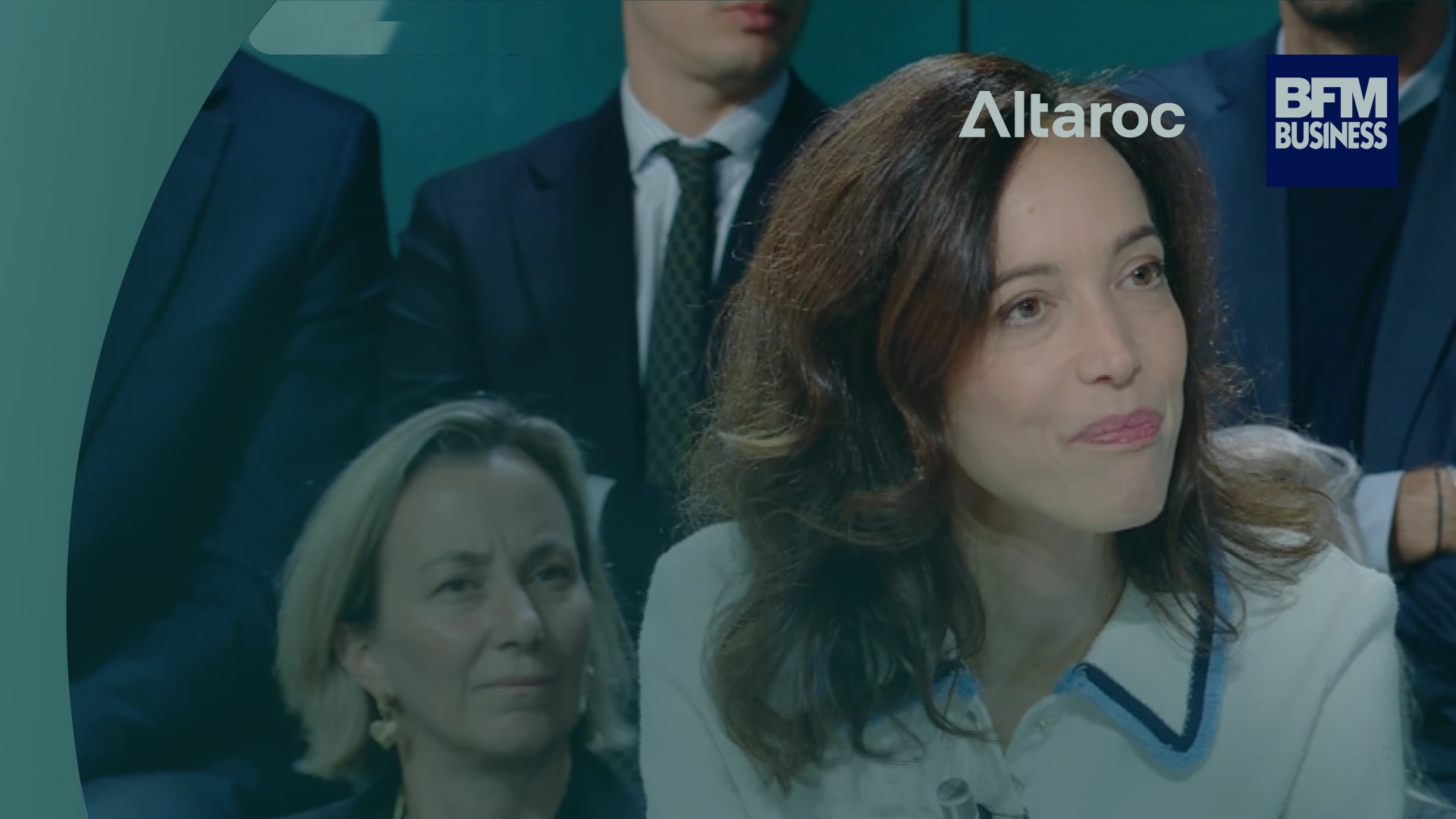
.webp)
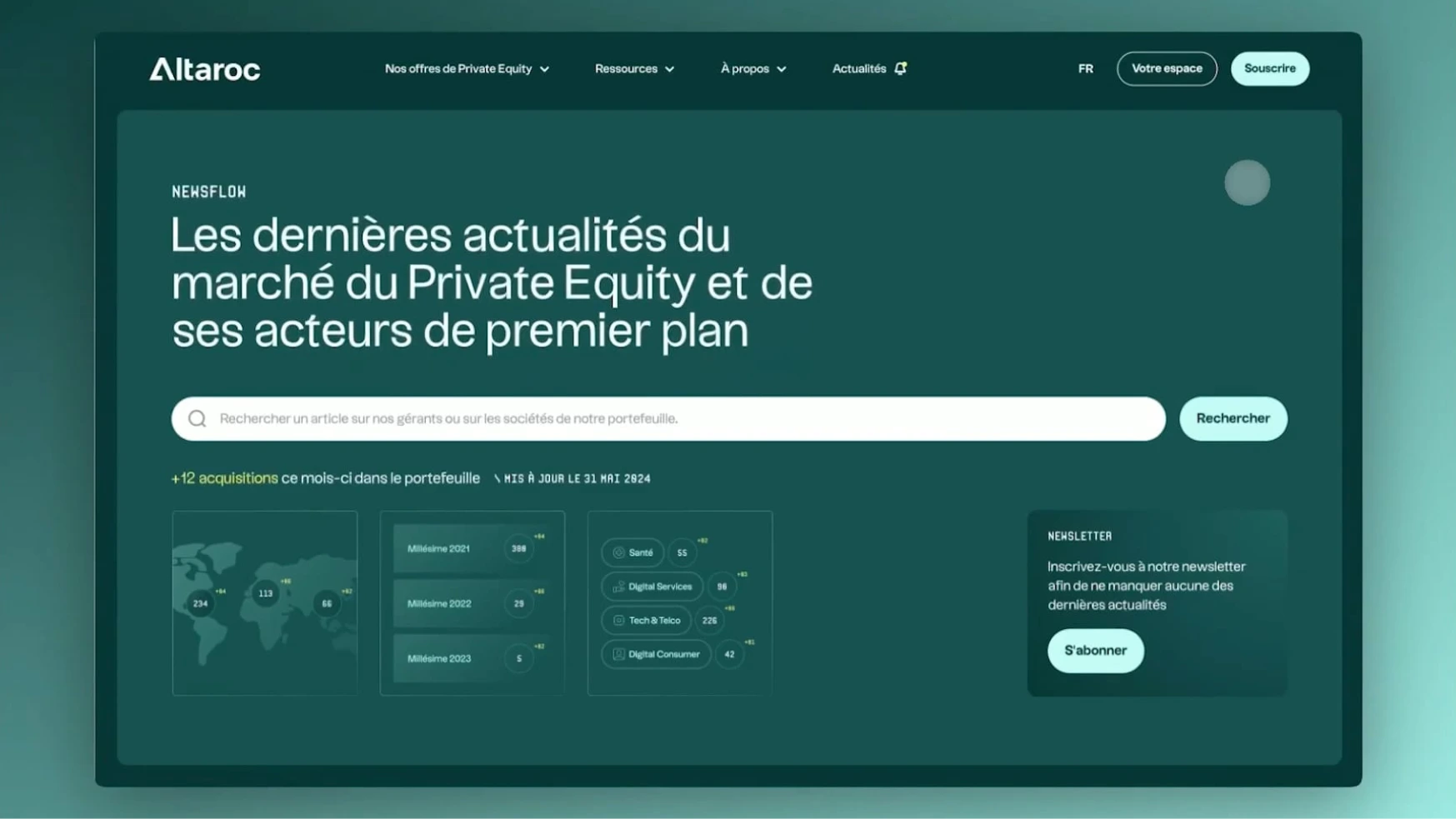
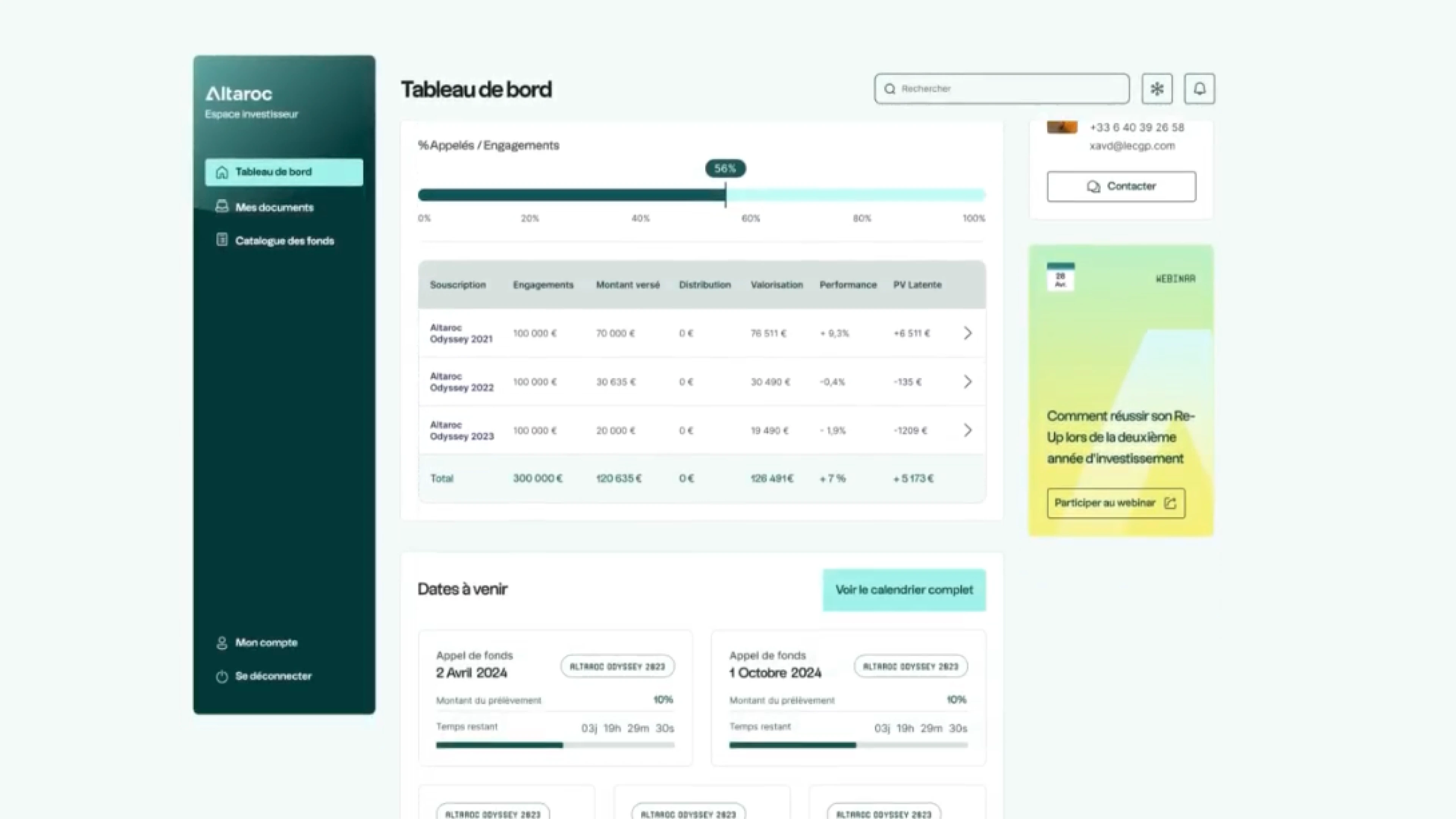
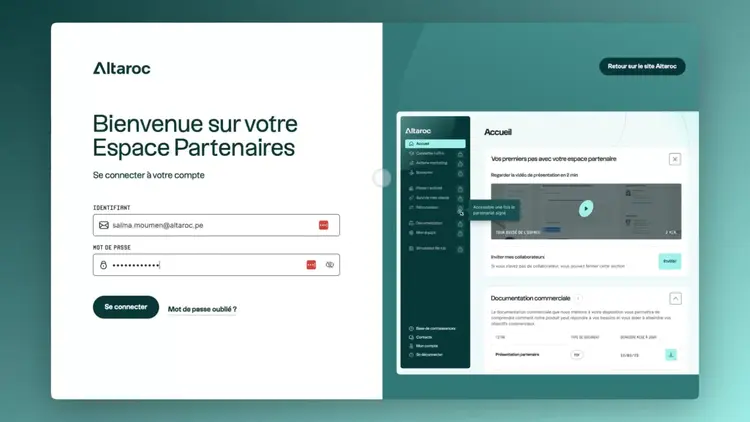
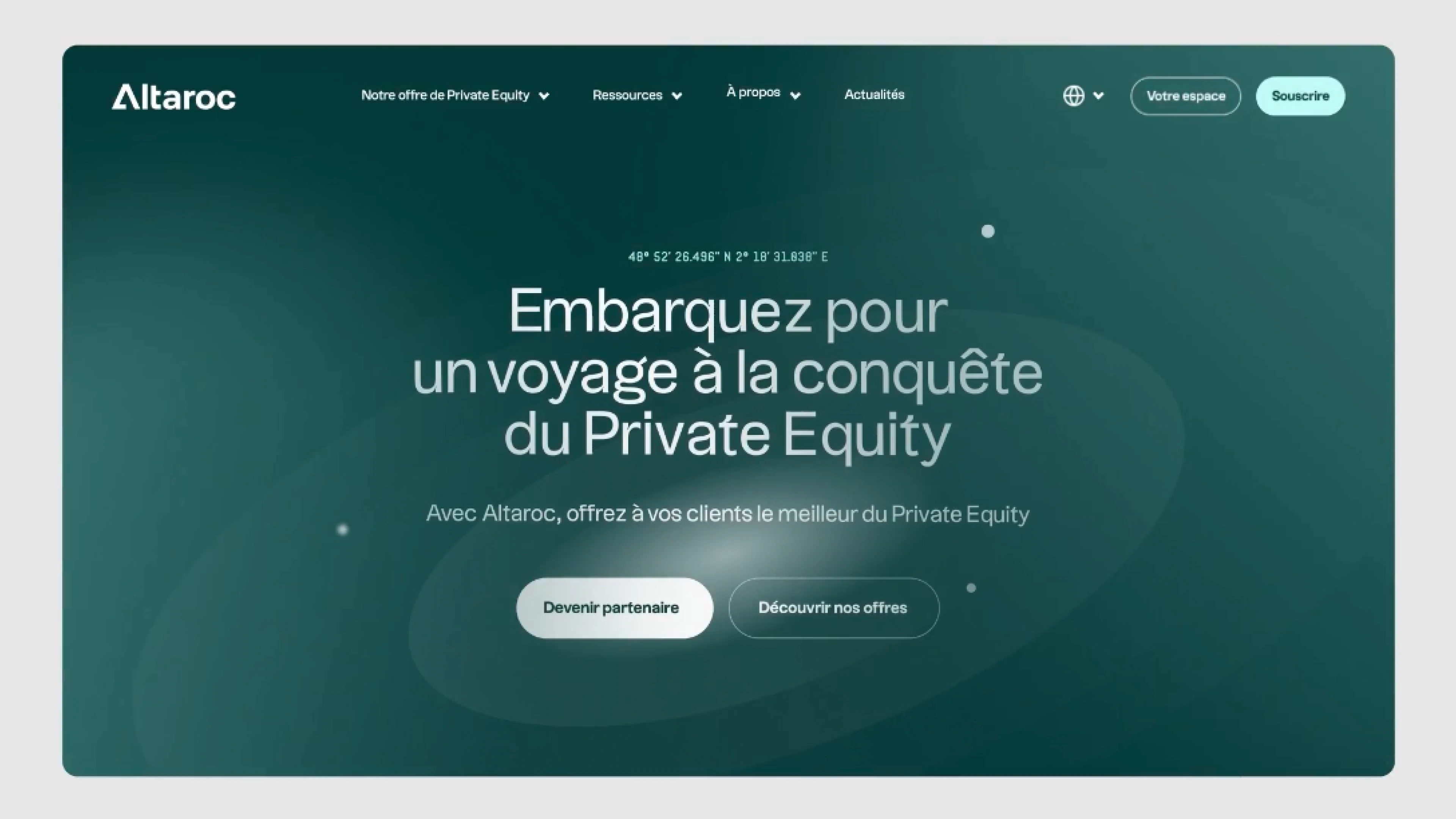

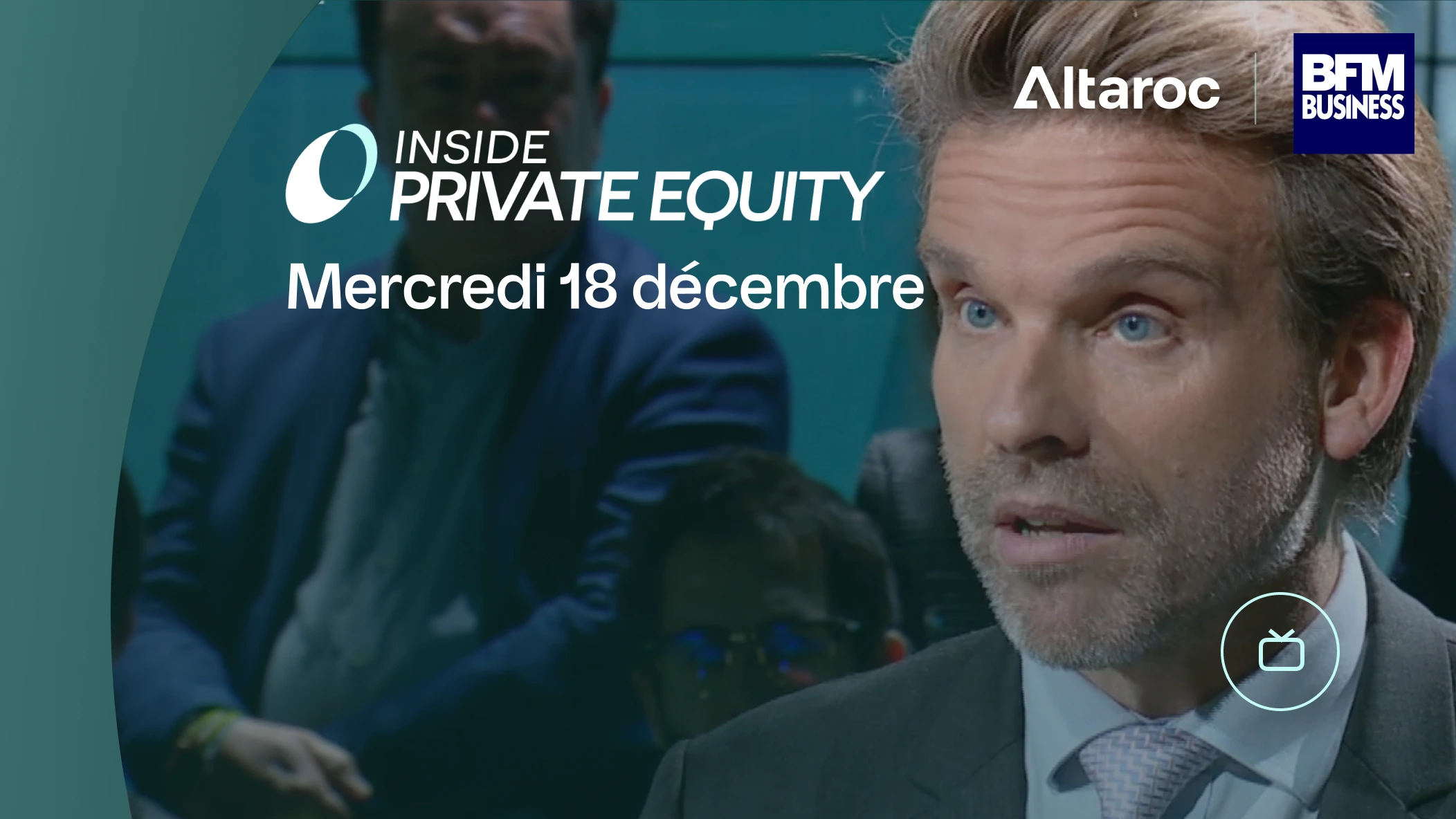
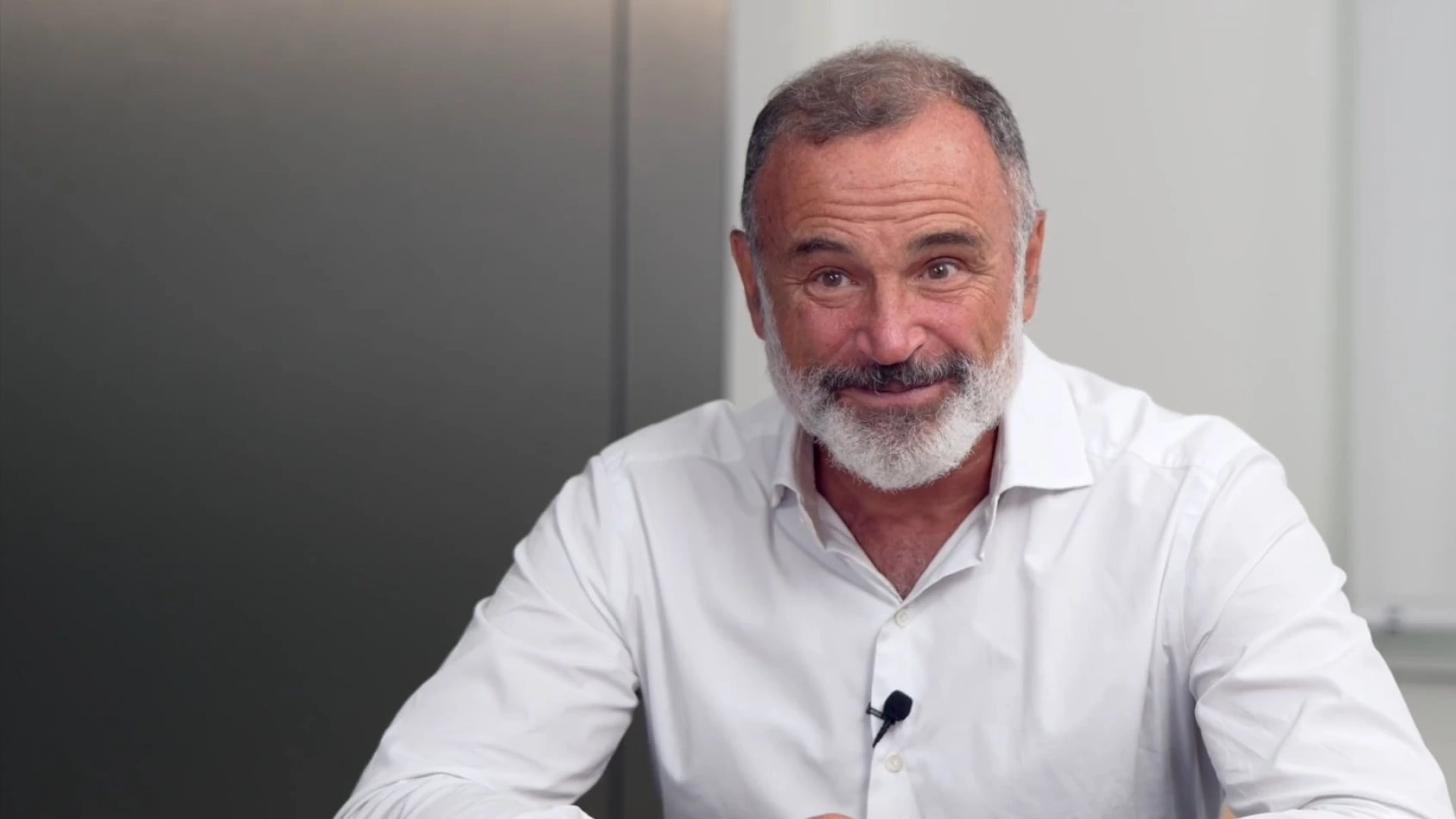
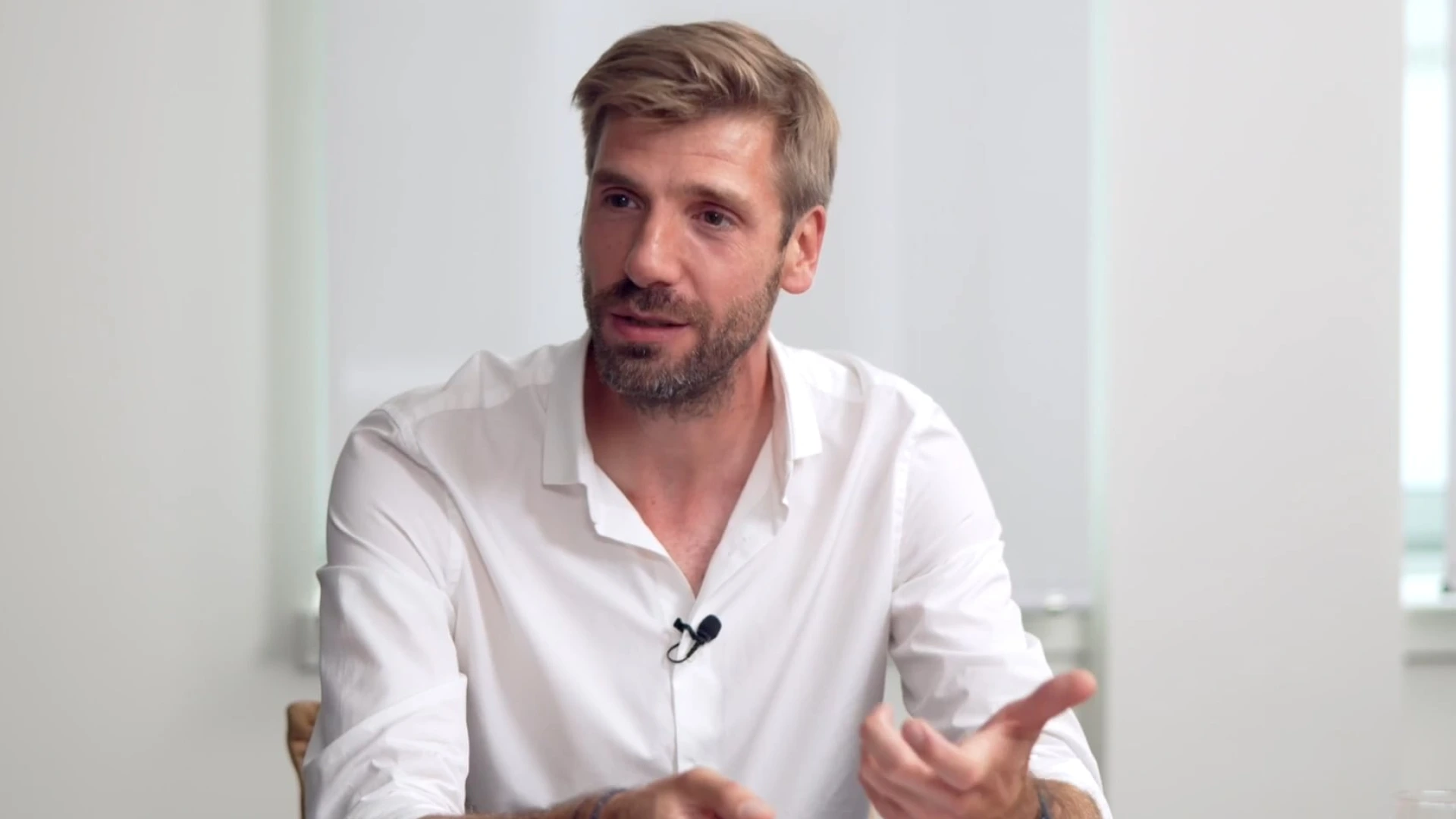

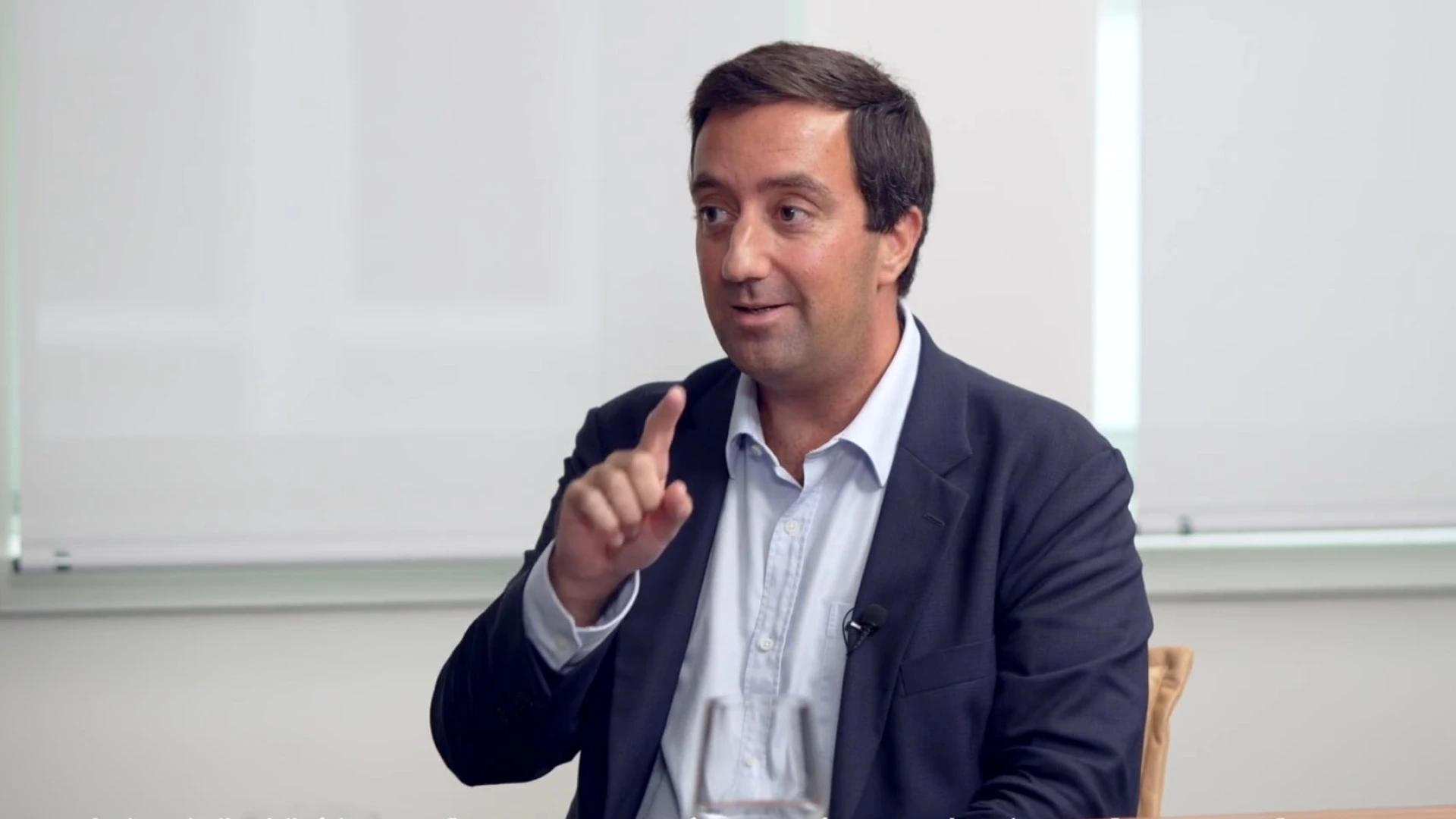
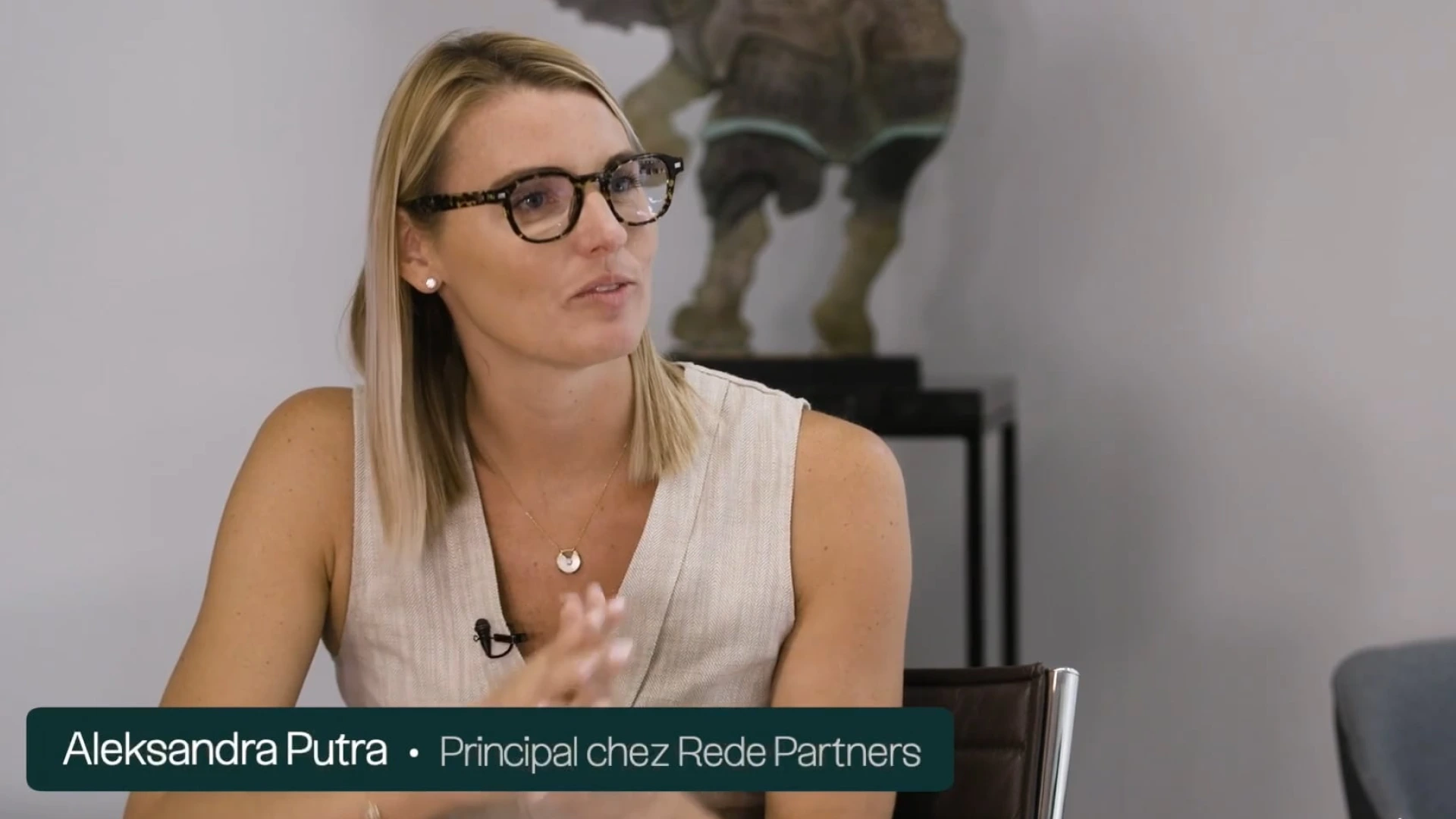
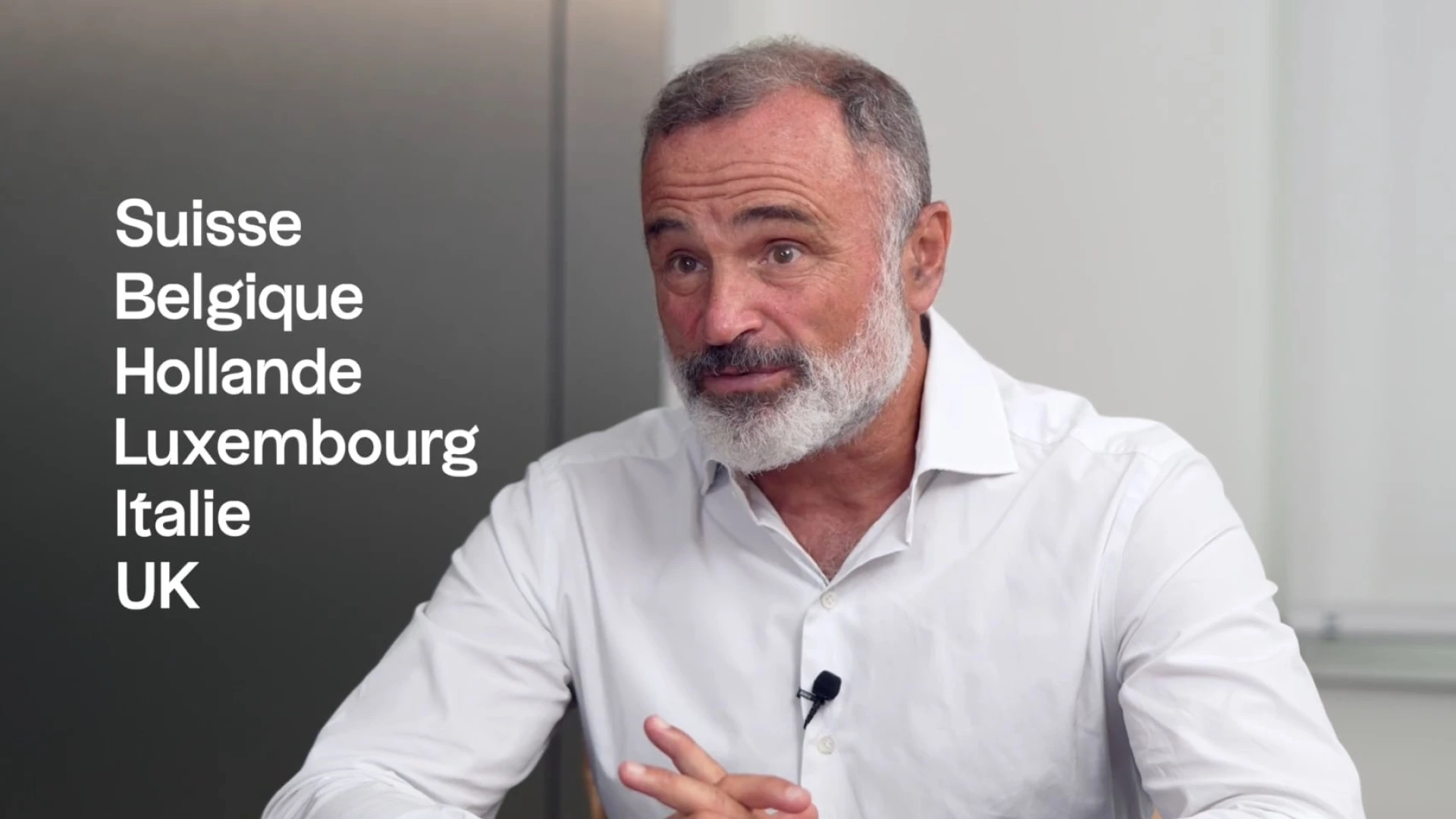


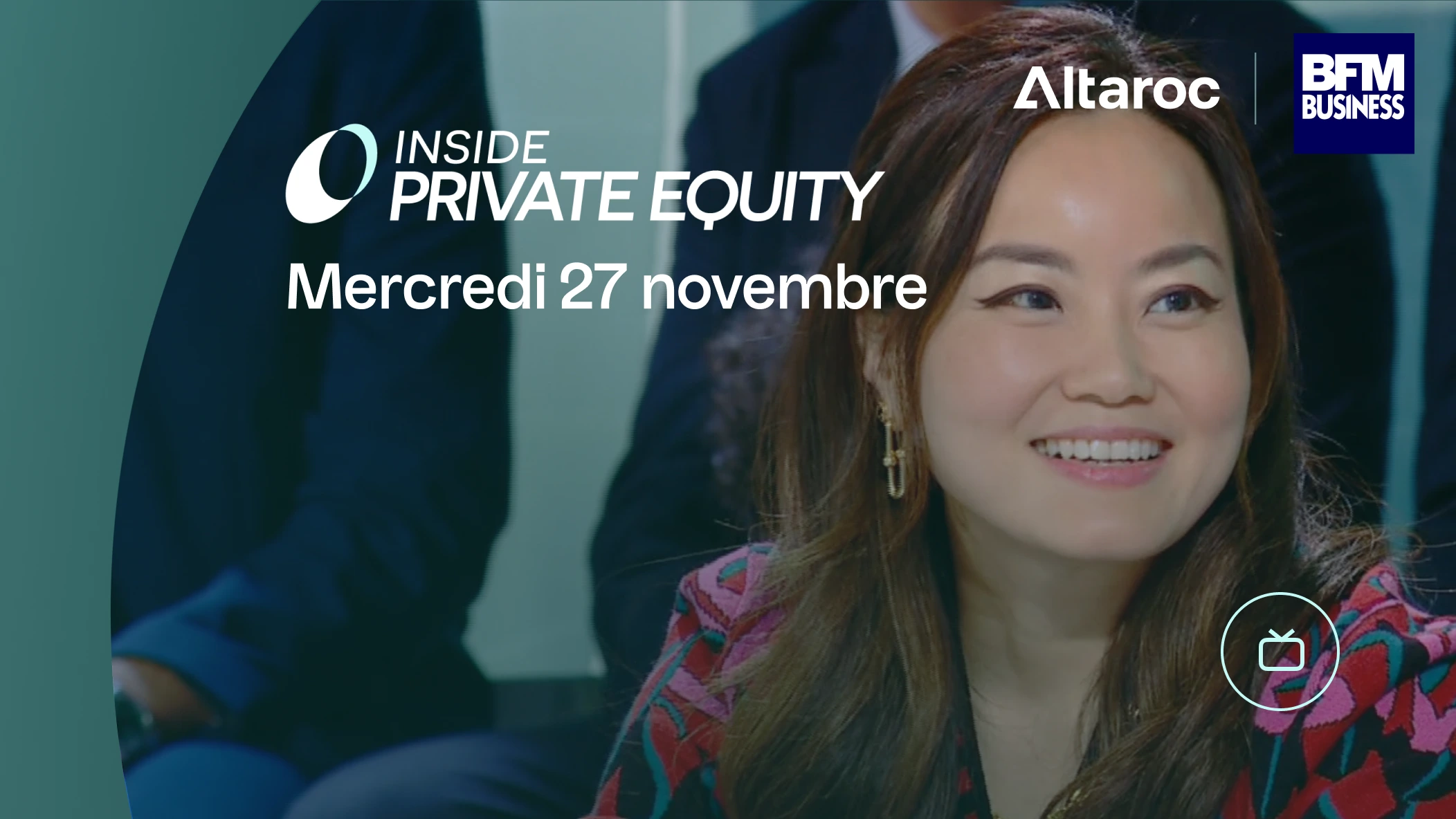
.webp)
.webp)
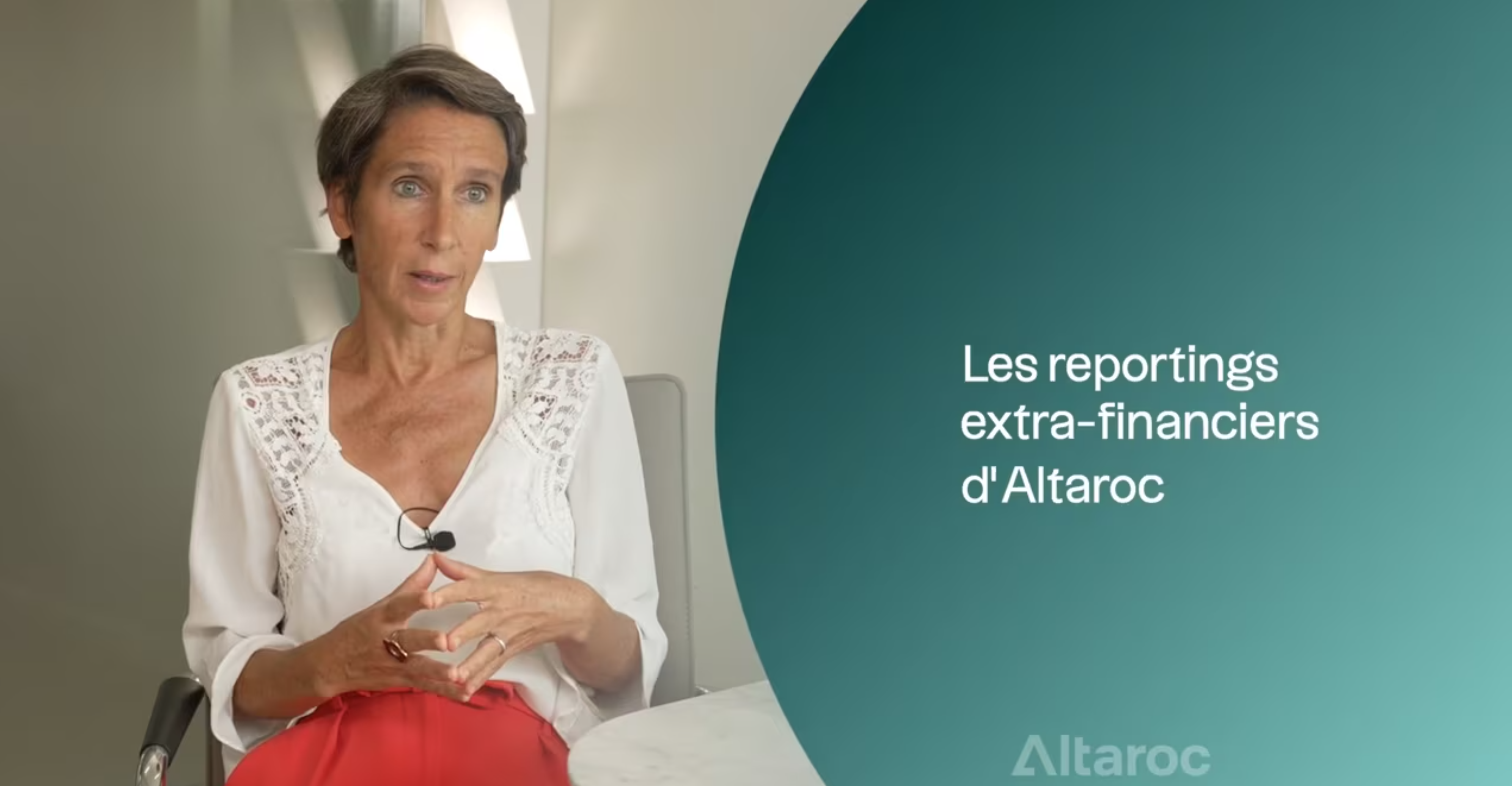


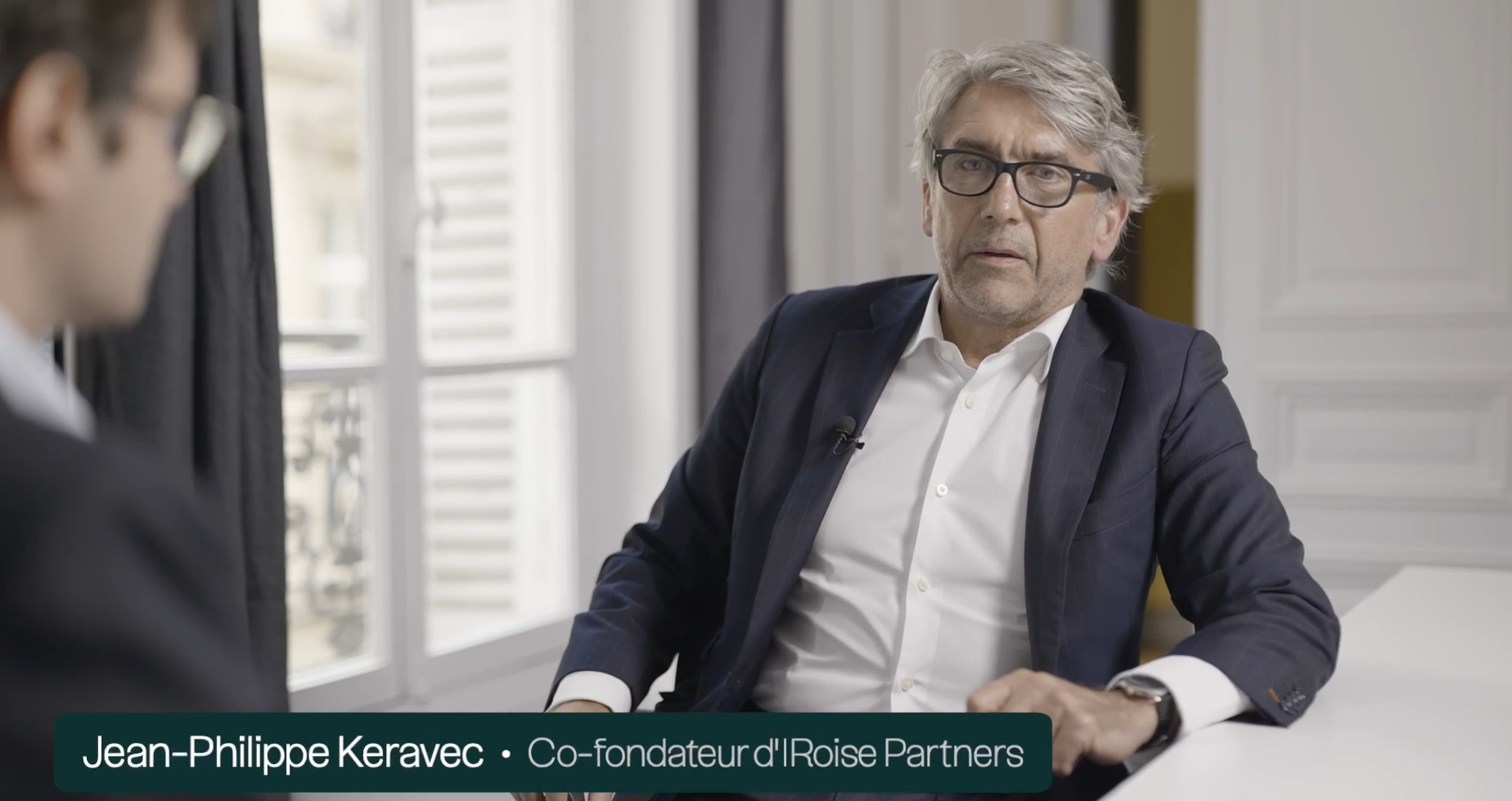

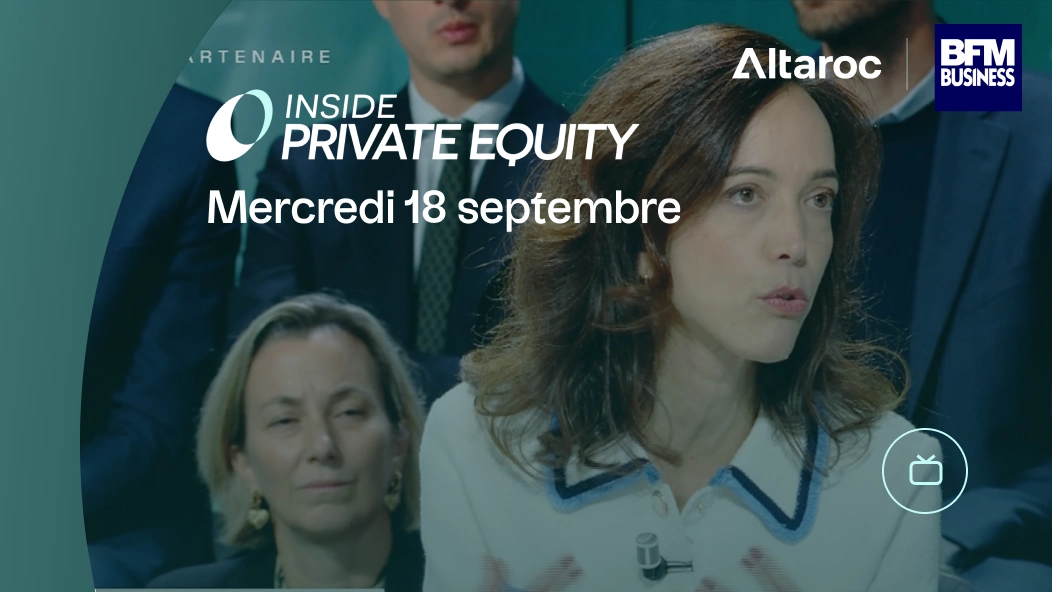
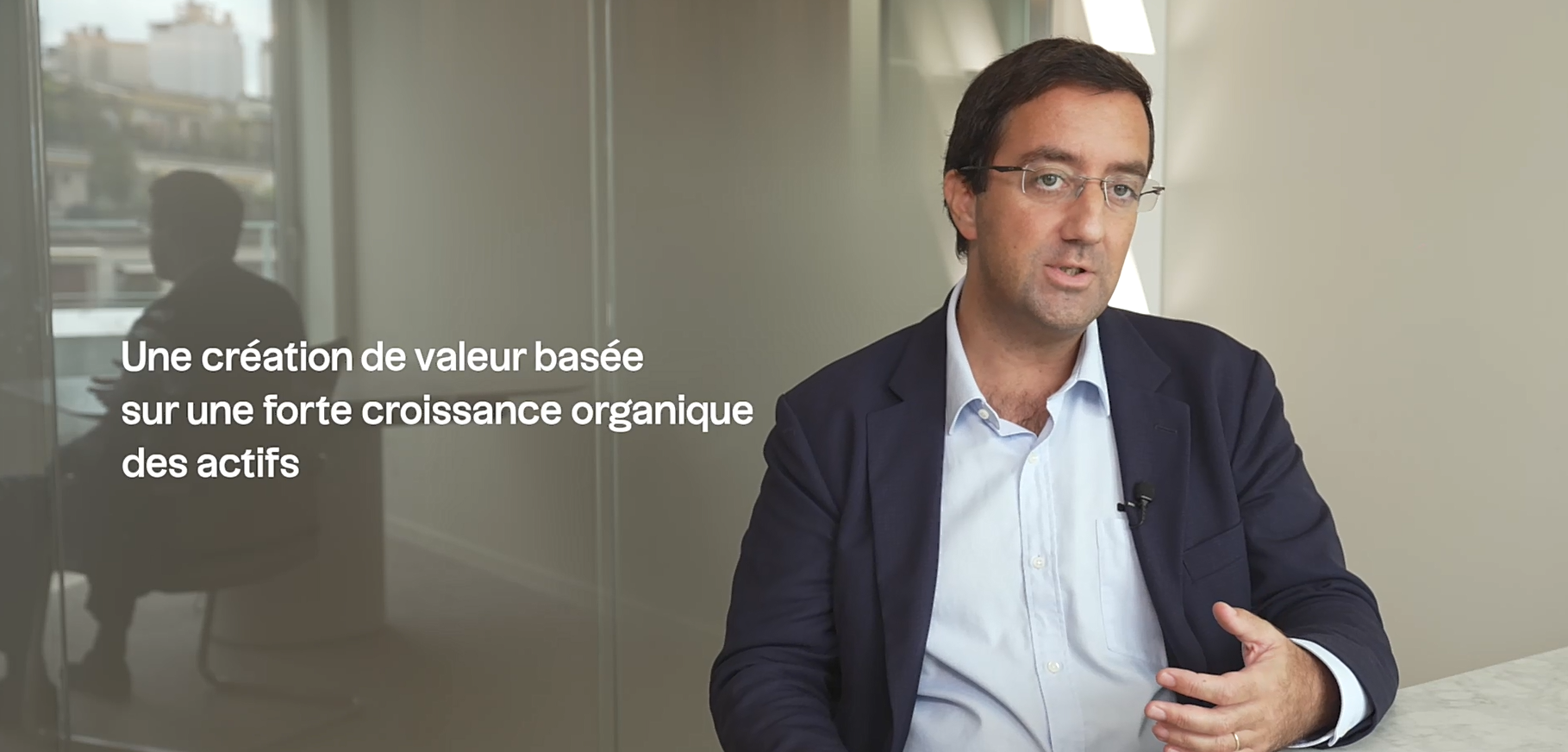

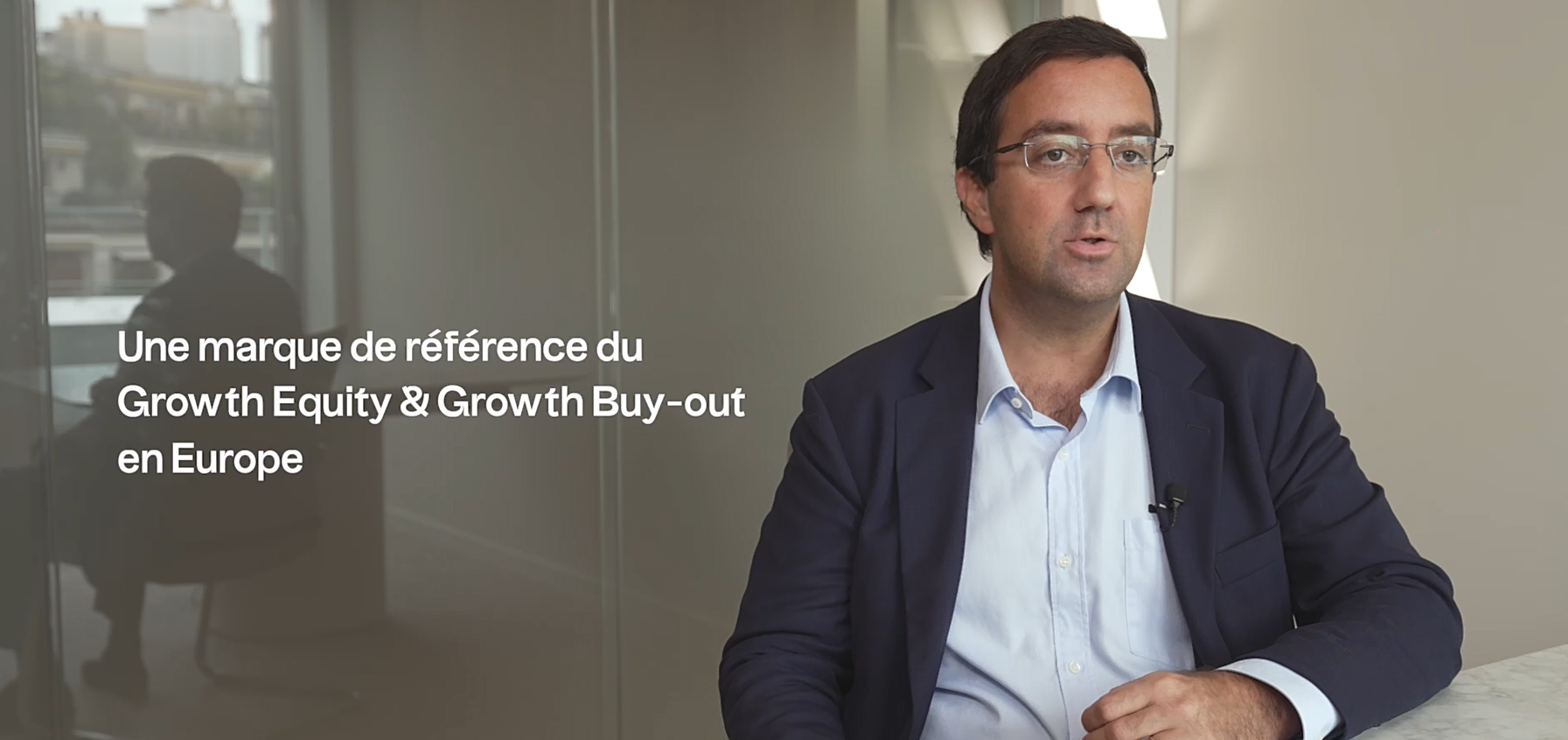
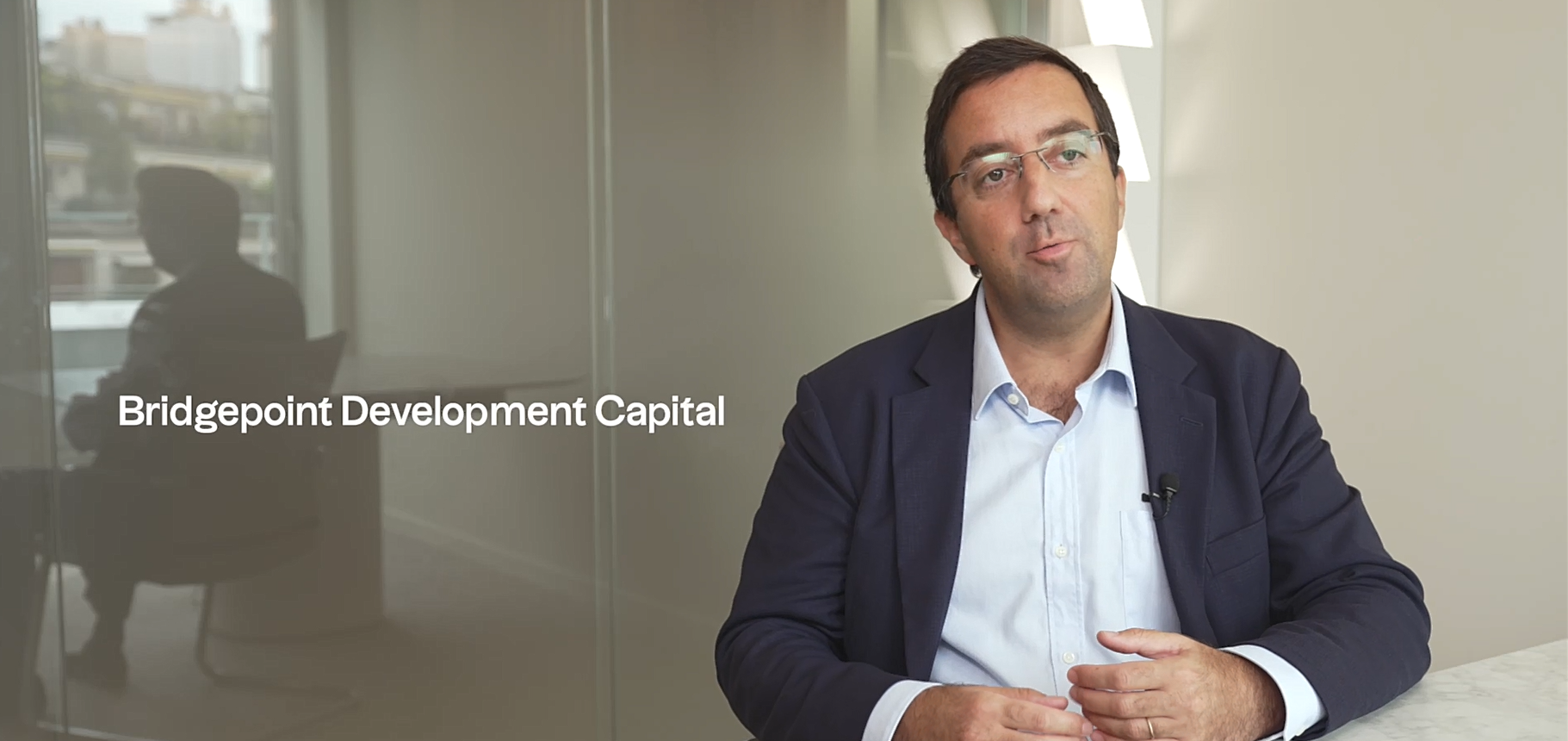
.jpeg)

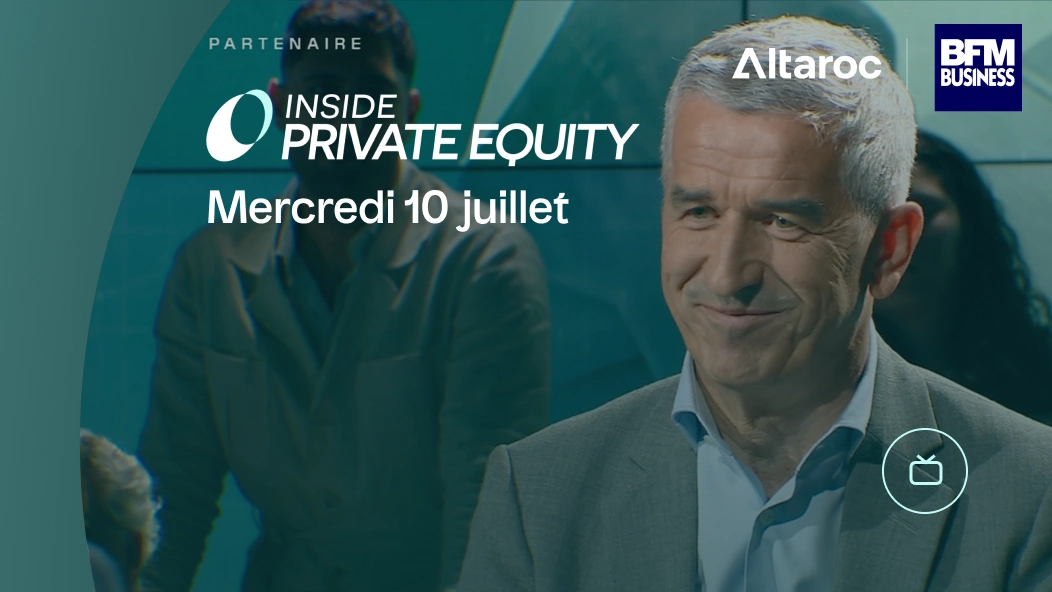
.webp)

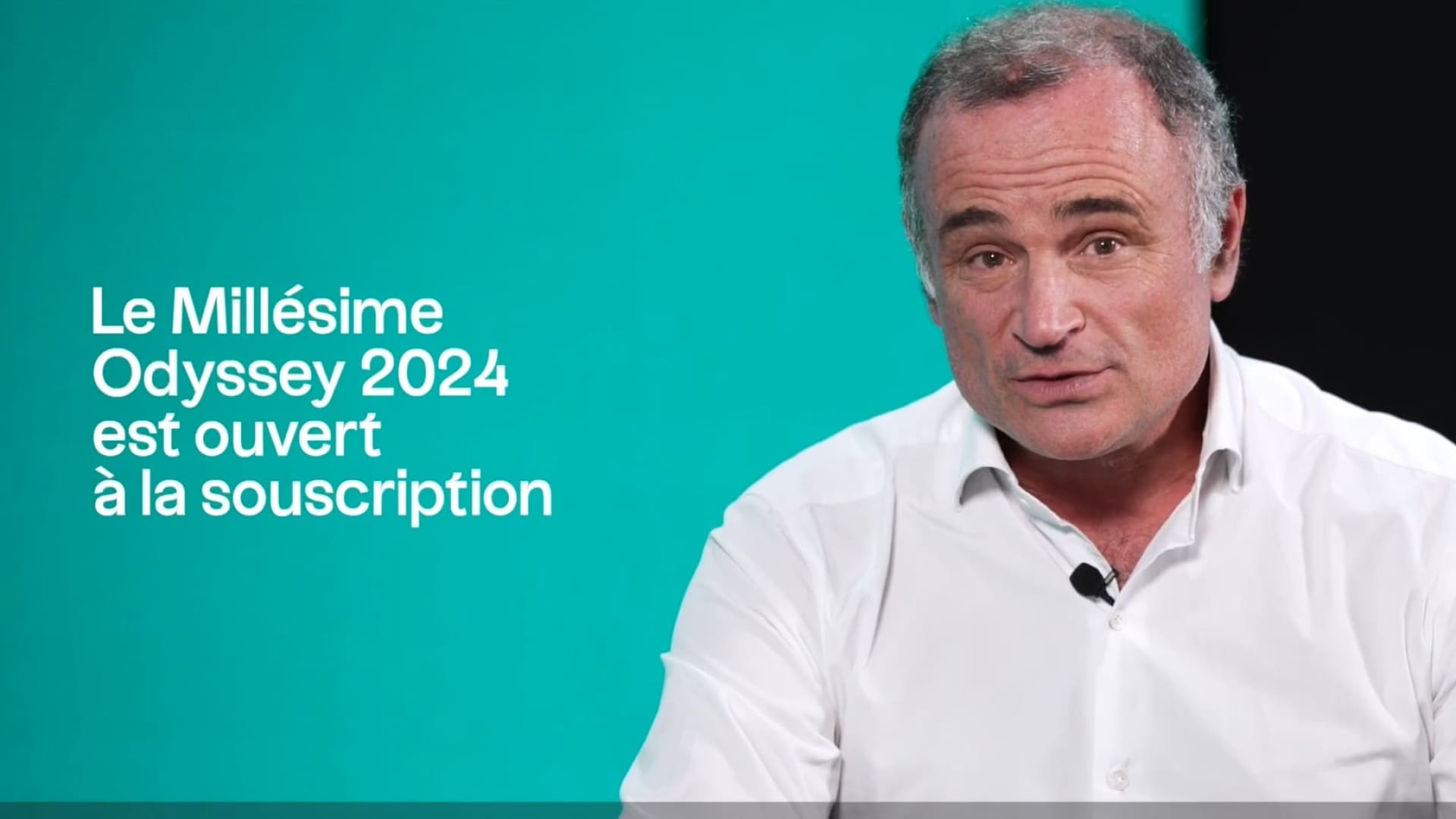

How can private individuals gain access to private equity?
Online platforms dedicated to private equity offer investment solutions accessible to individual investors. These platforms enable investors to select projects or funds according to specific criteria (sectors, geographies, strategies), and facilitate subscription through digitized processes.
Some fund management companies offer funds specially designed for non-professional investors, with lower entry fees than institutional funds. These funds are often structured to offer diversification and professional management tailored to the needs of retail investors.
Private equity is increasingly integrated into life insurance policies and structured financial products, giving individuals access to these assets while enjoying a degree of flexibility in terms of taxation and liquidity.